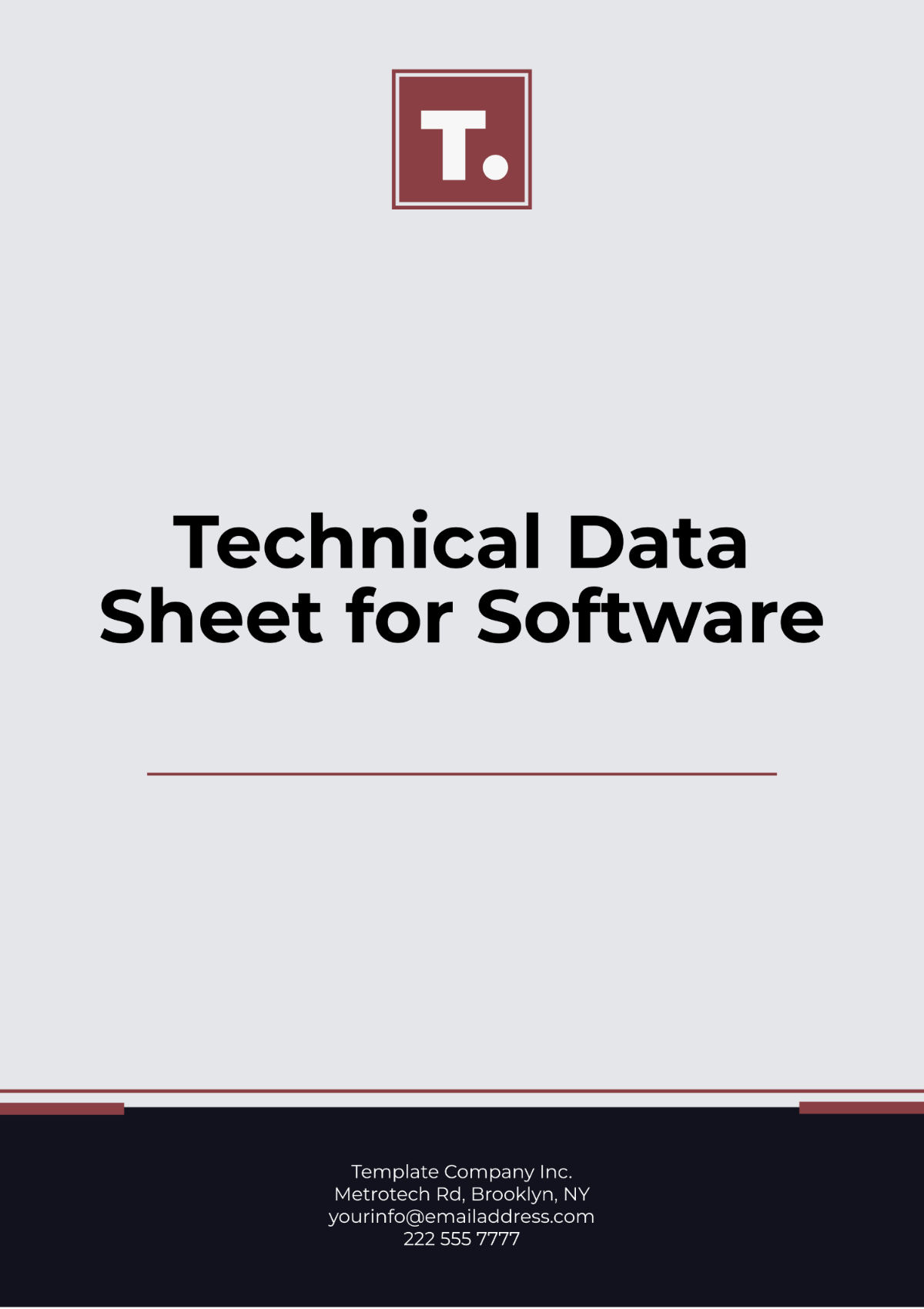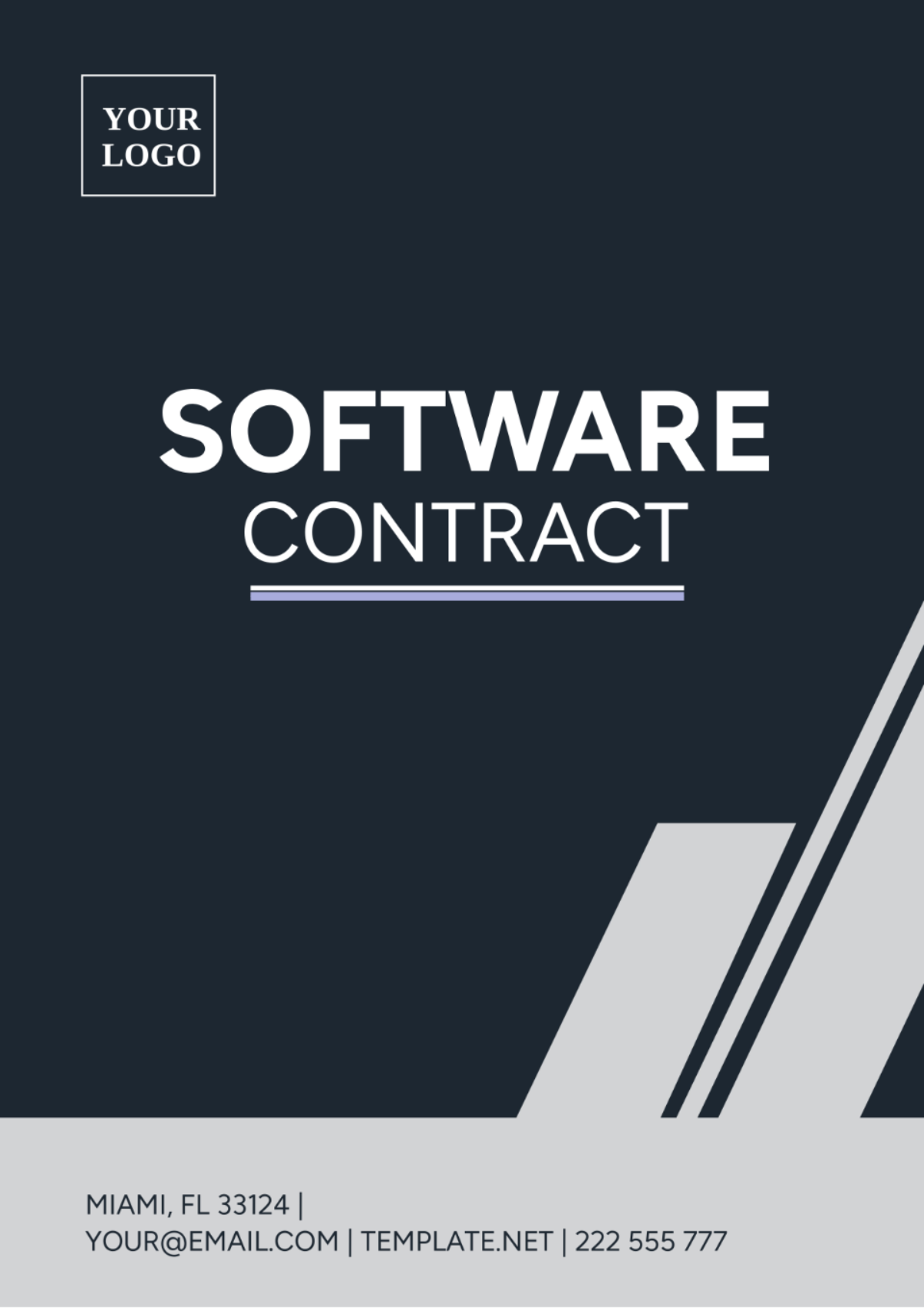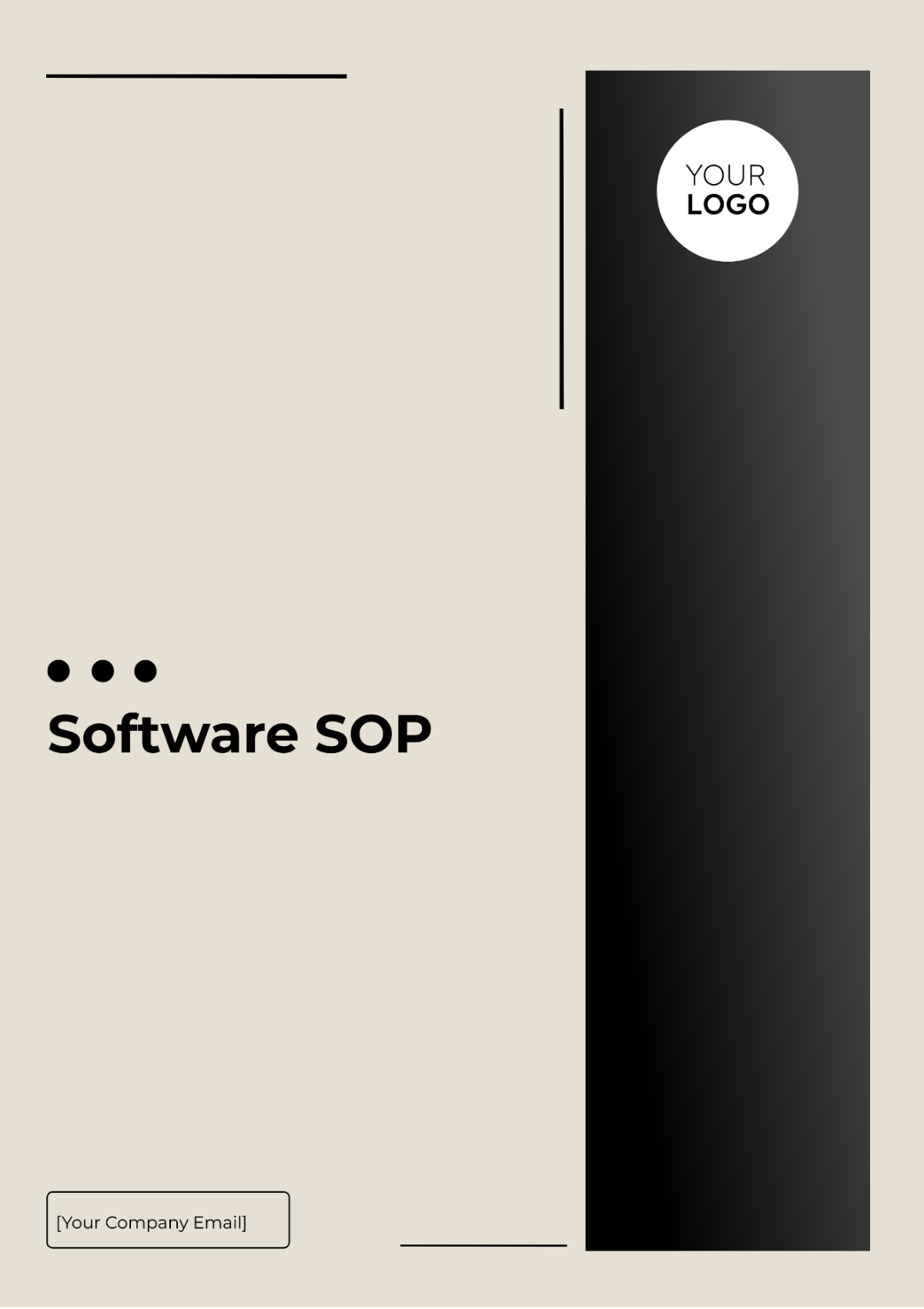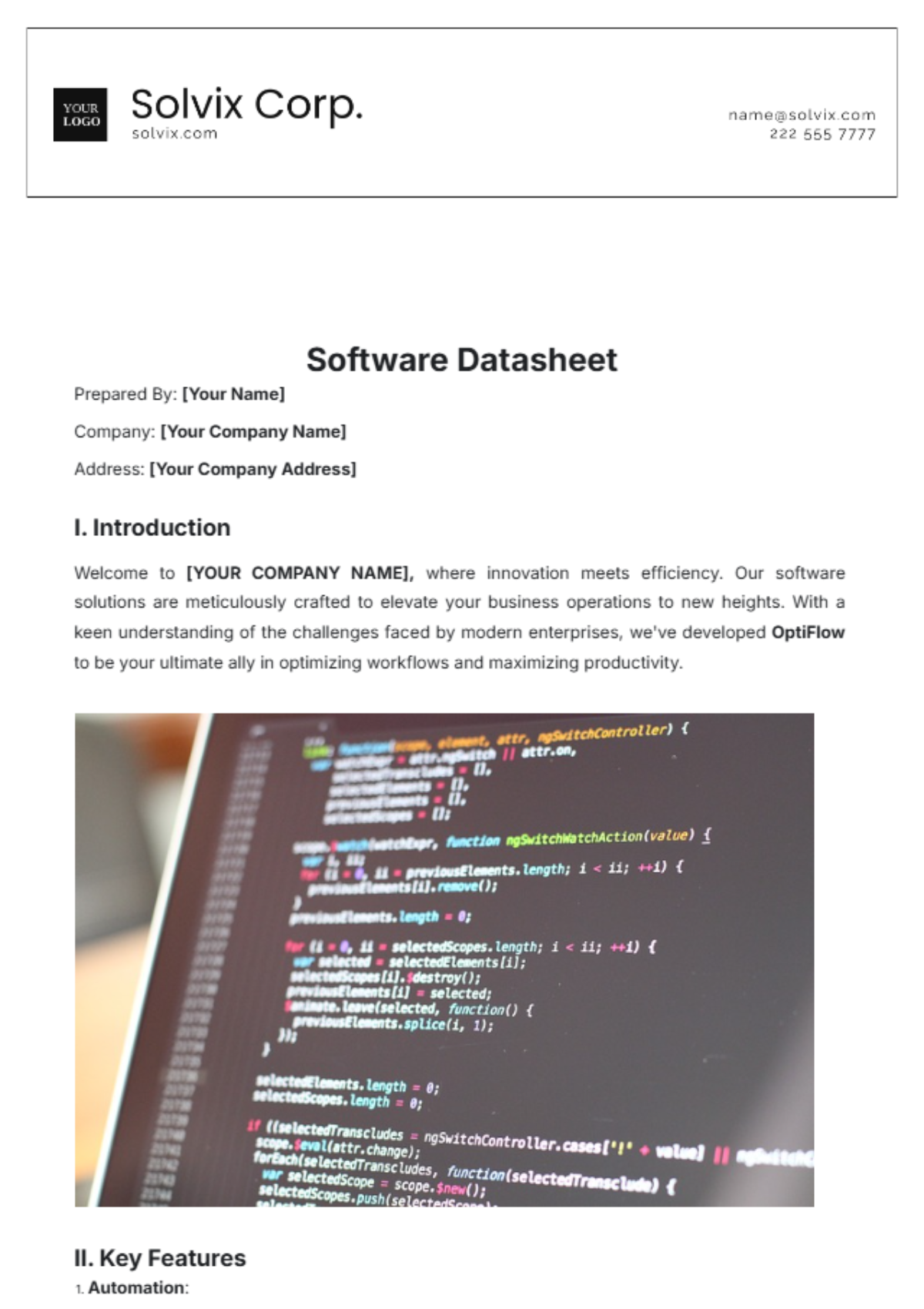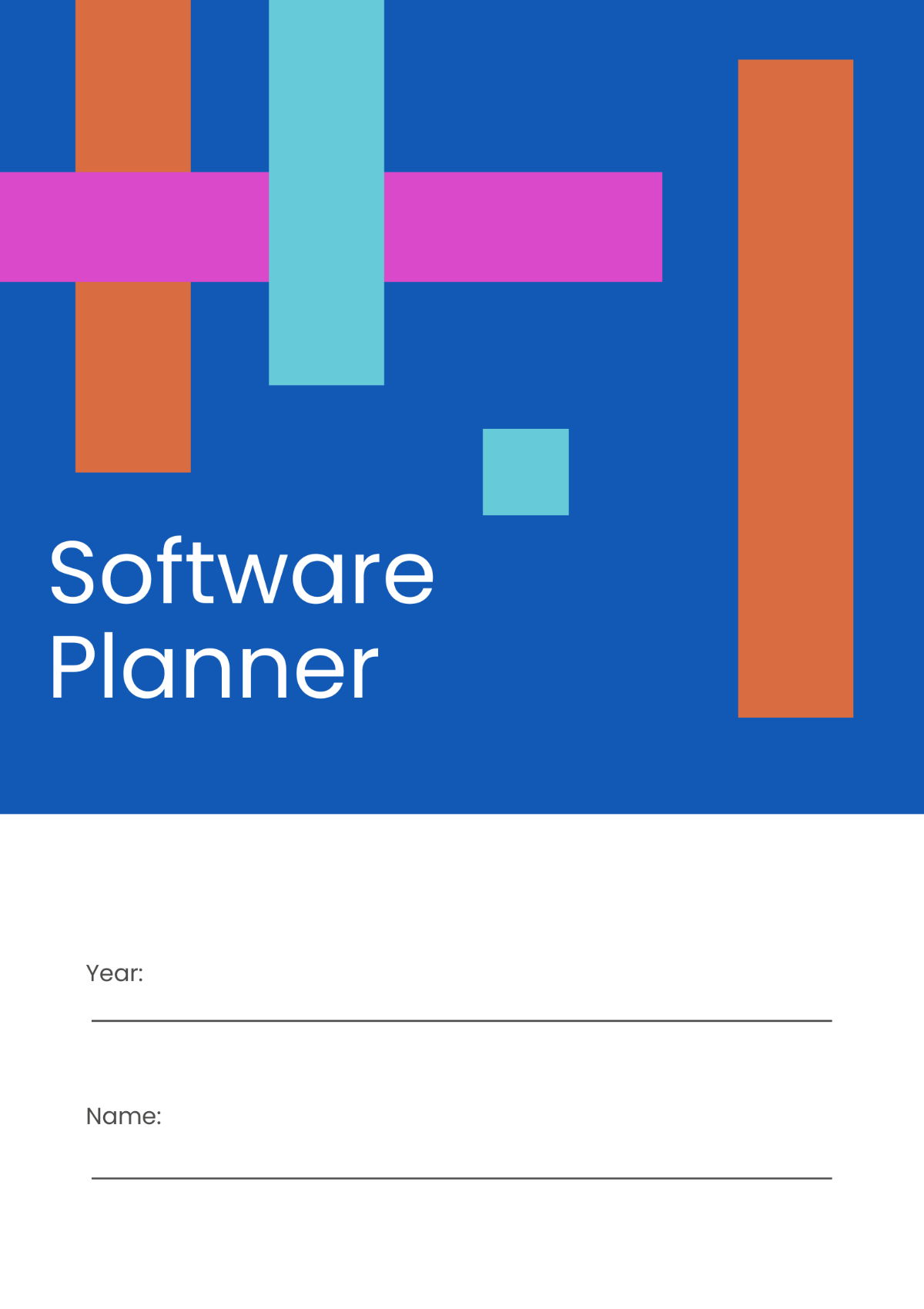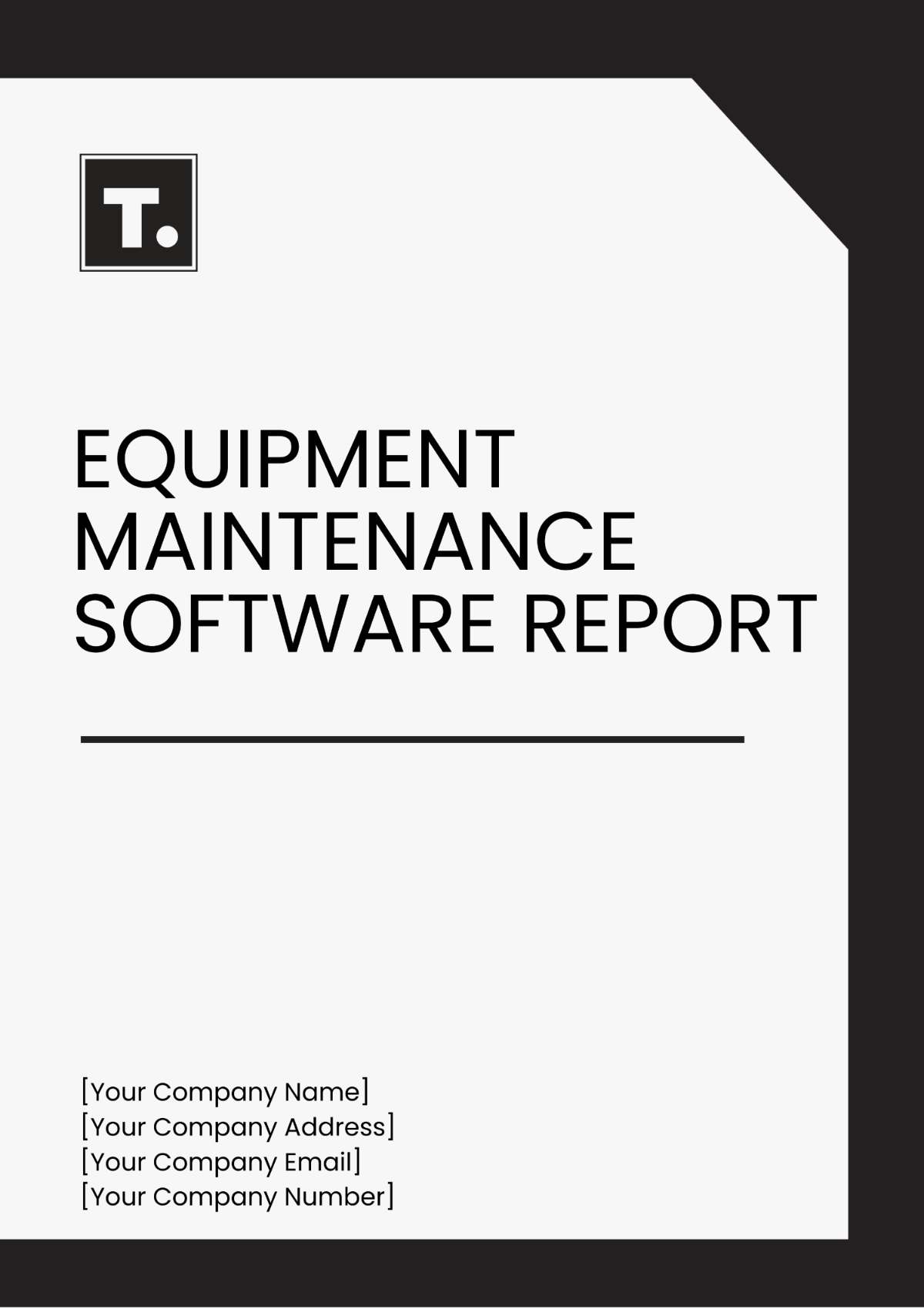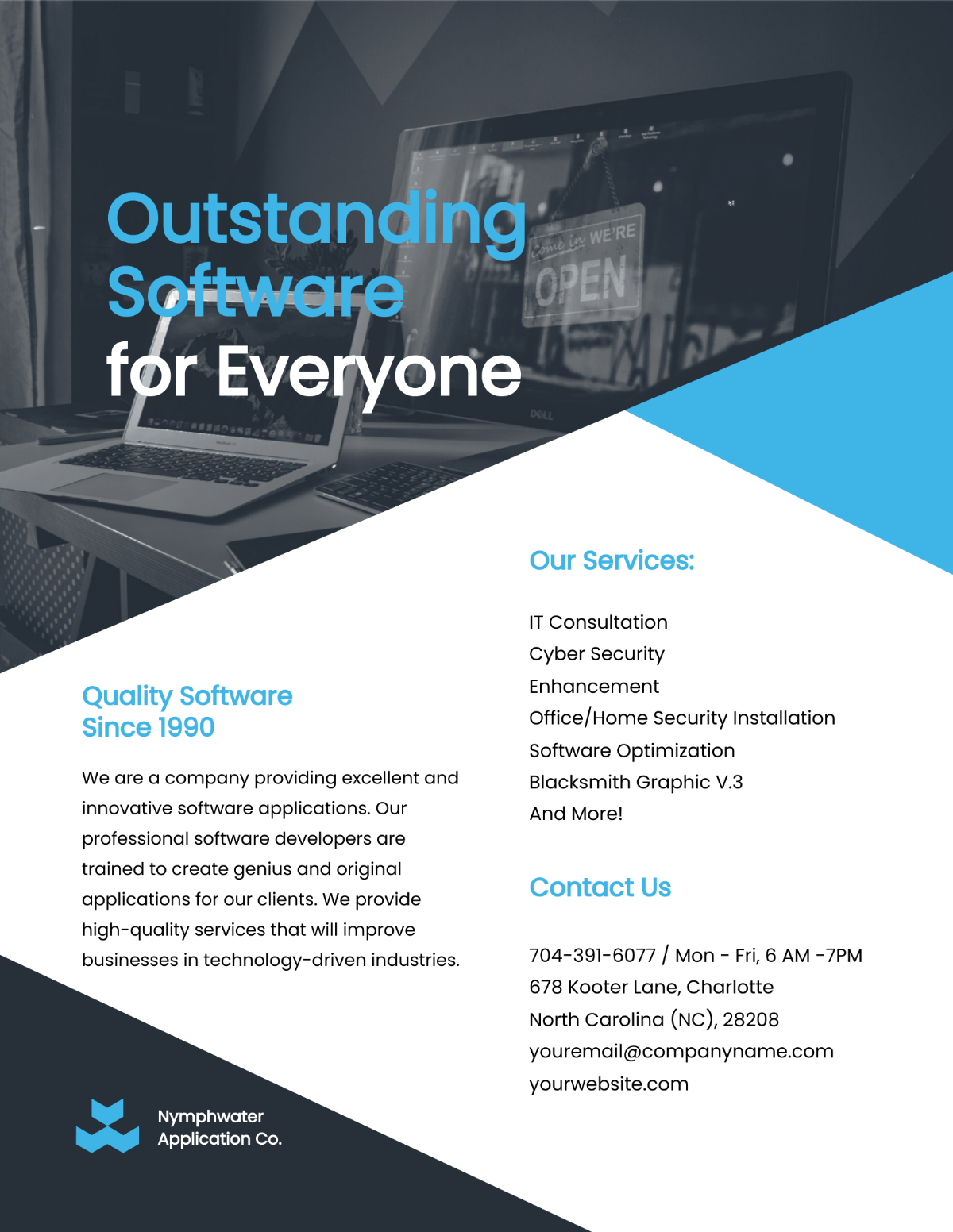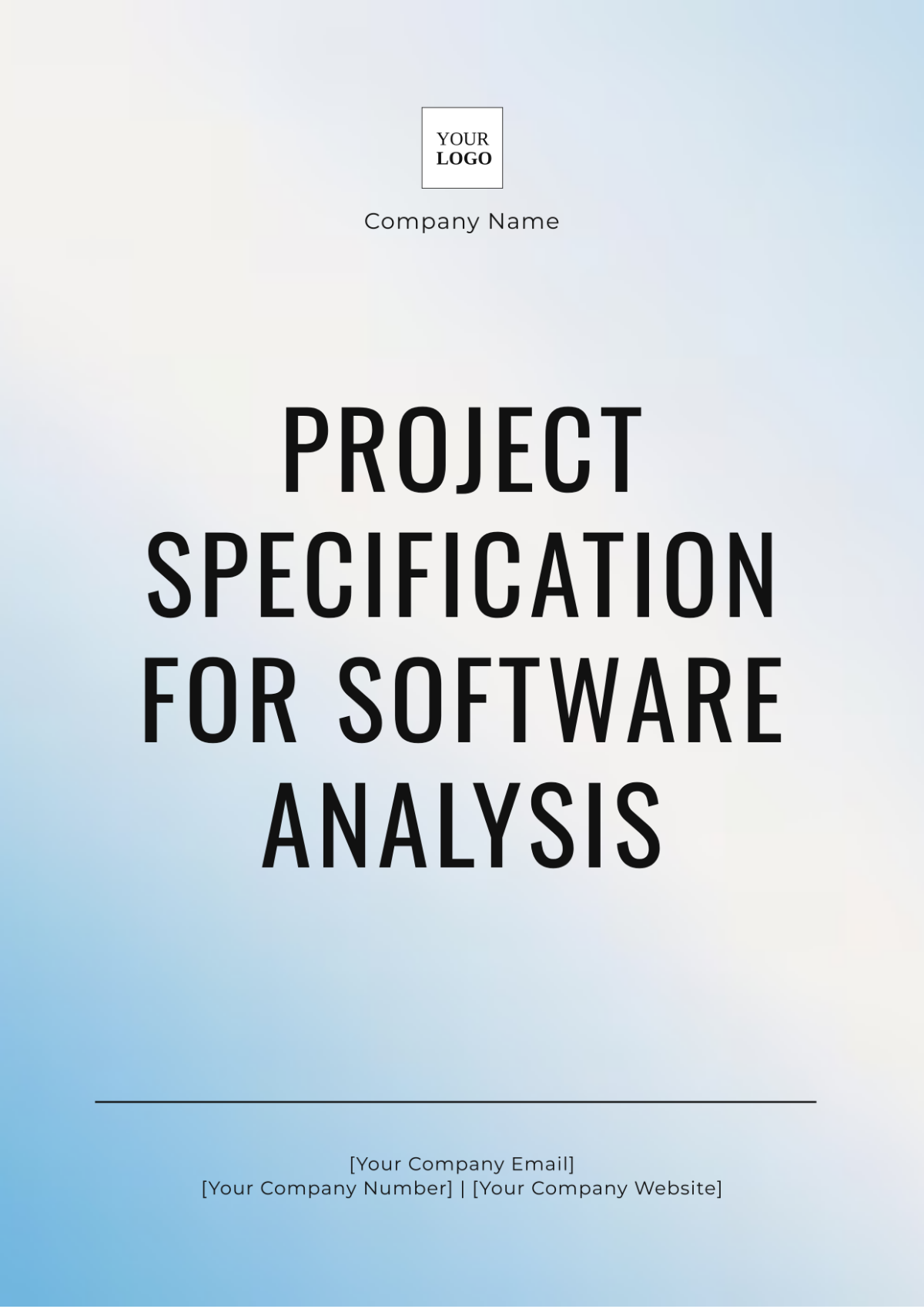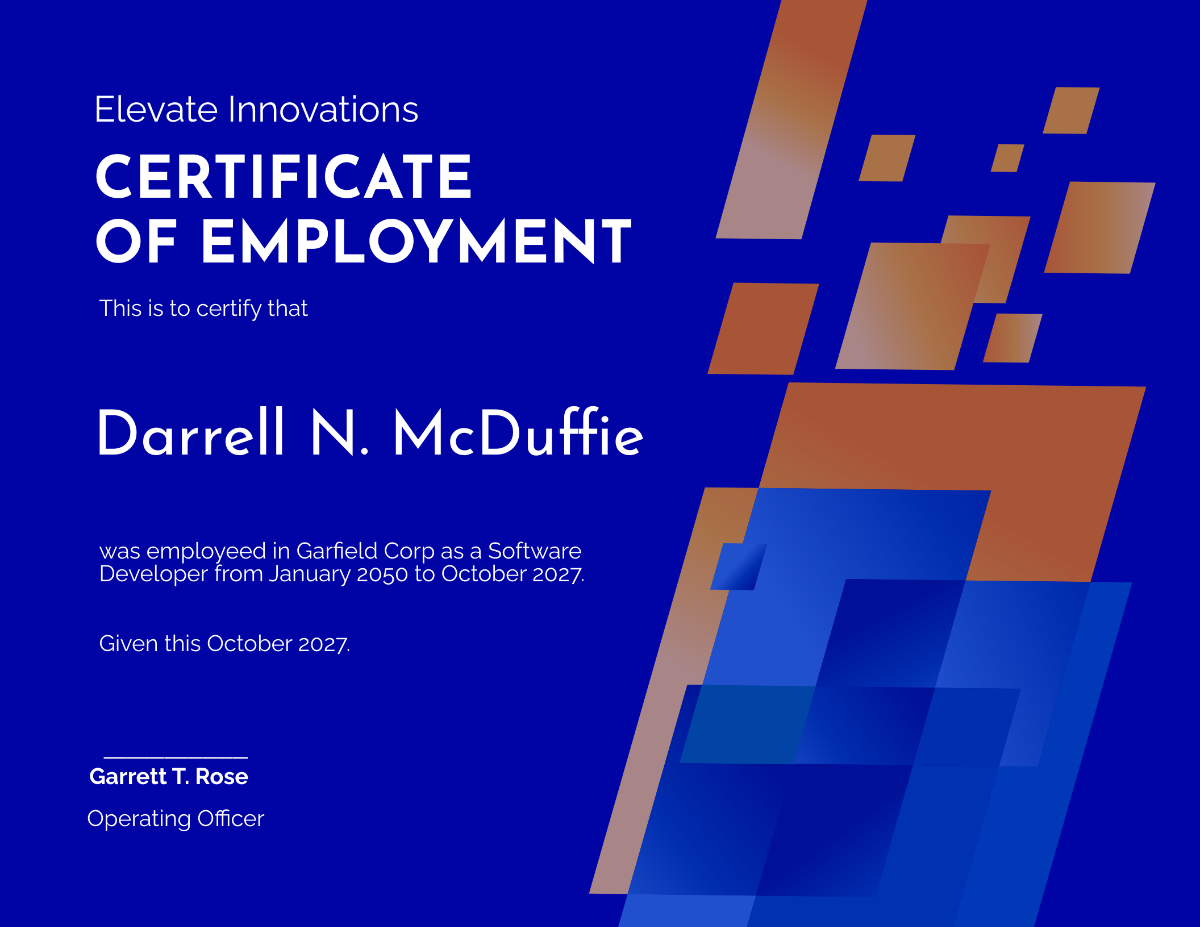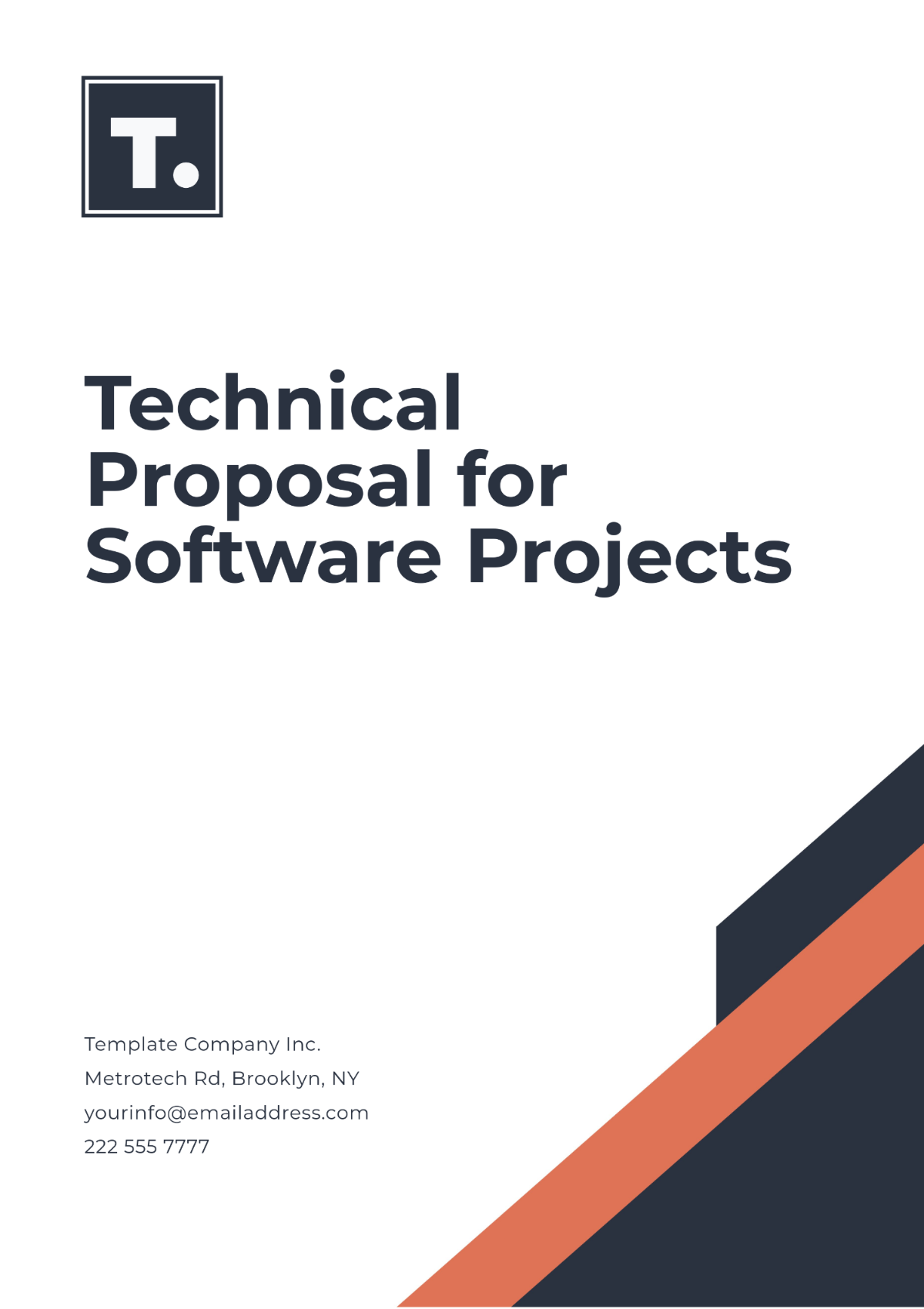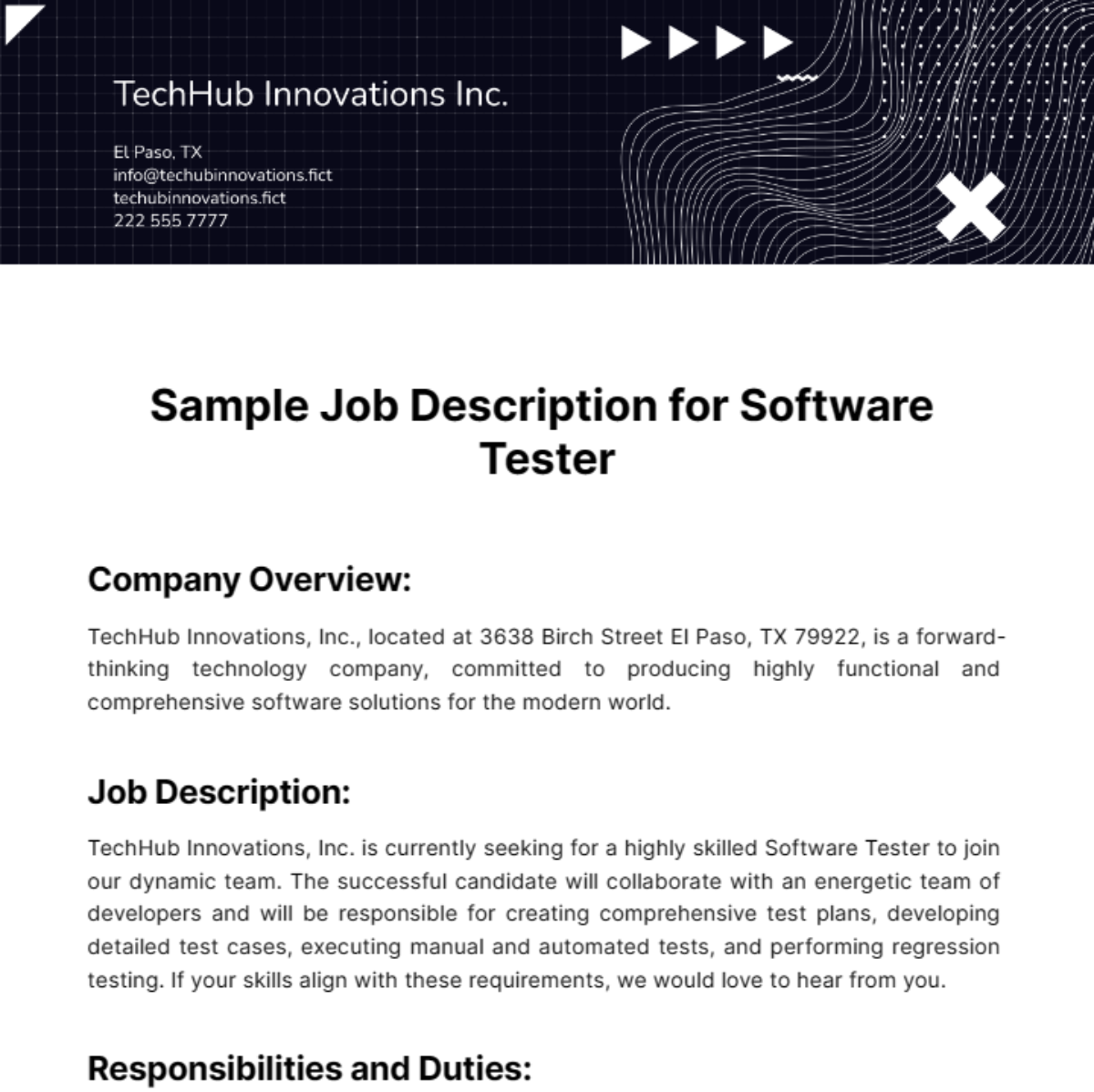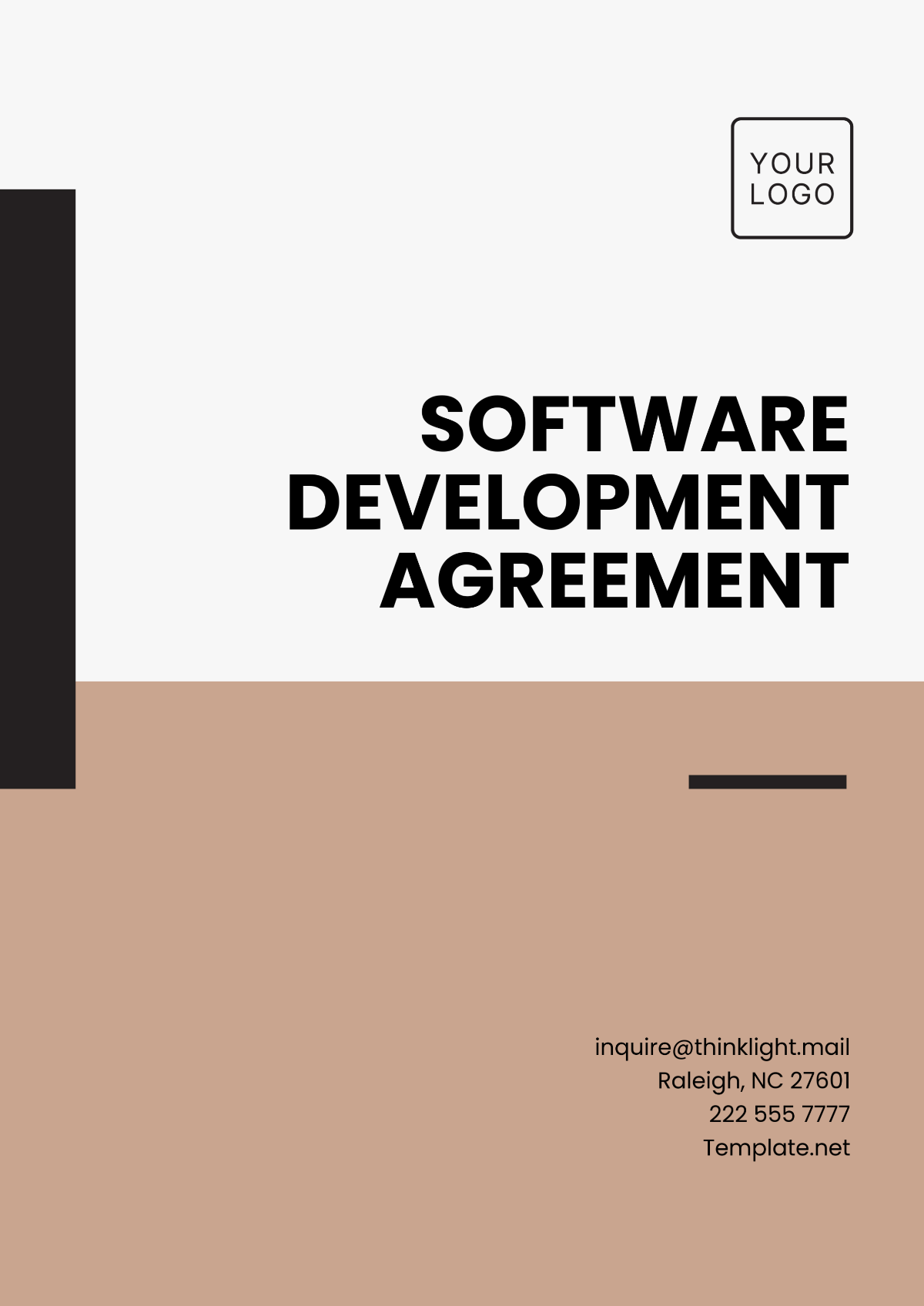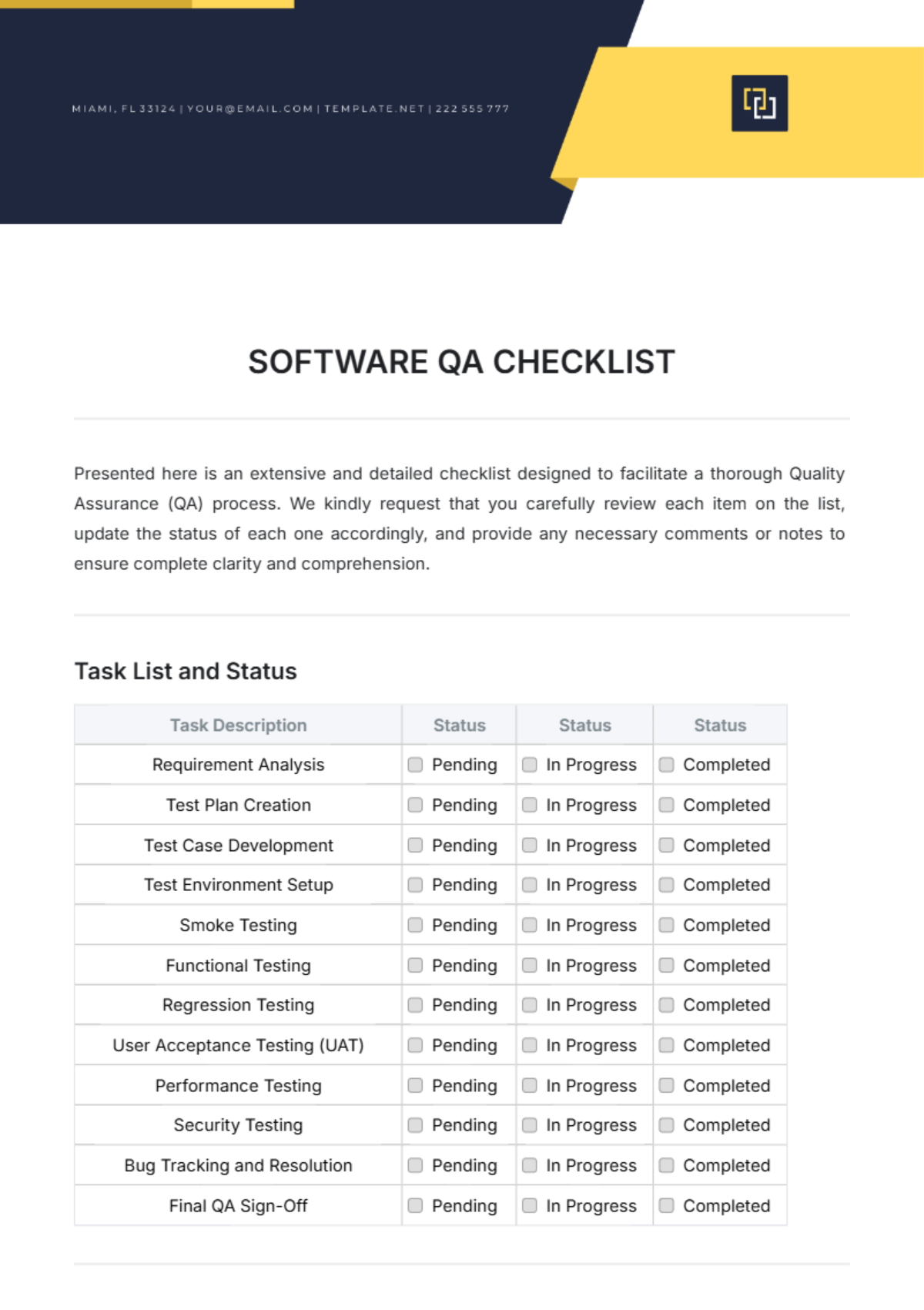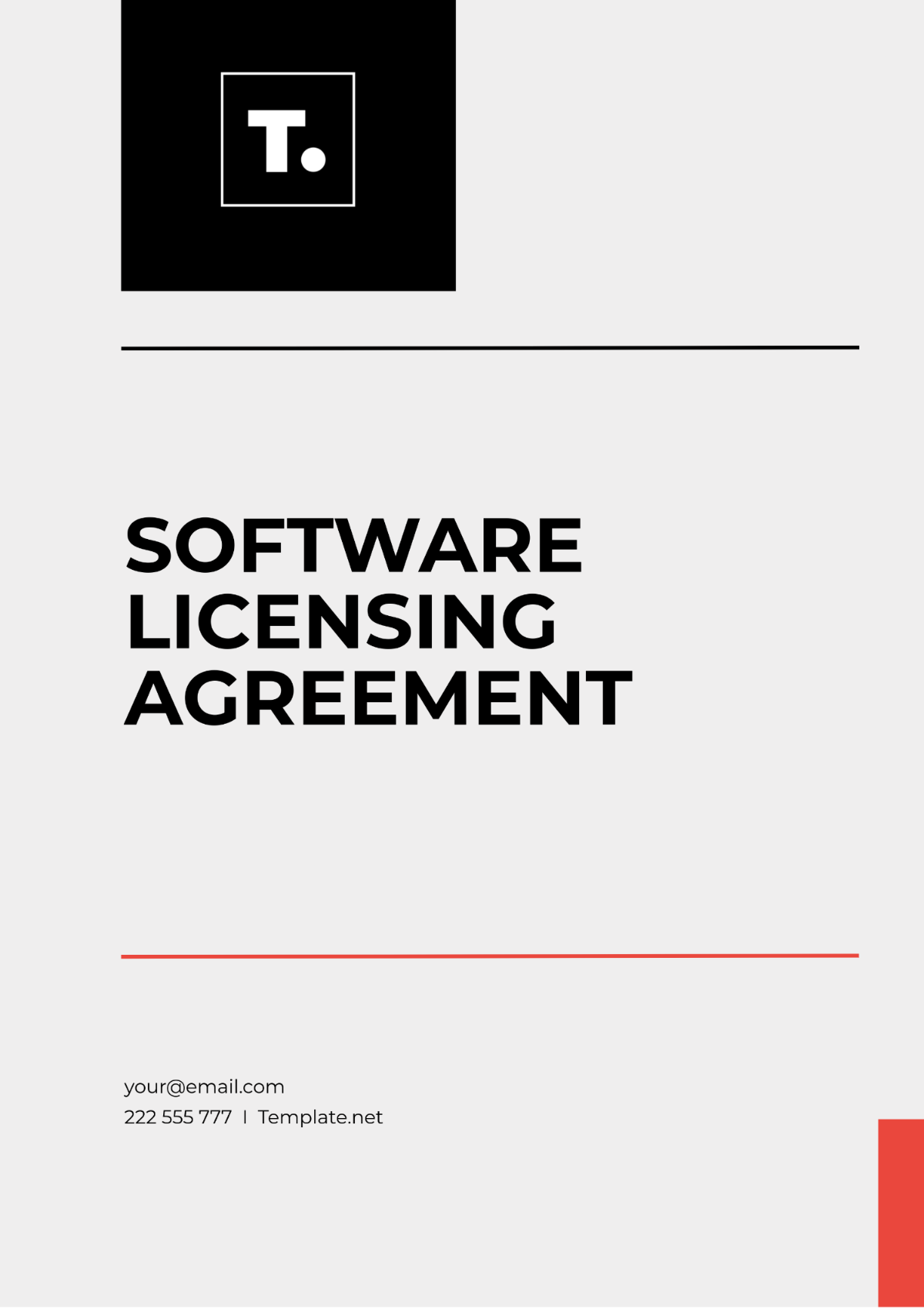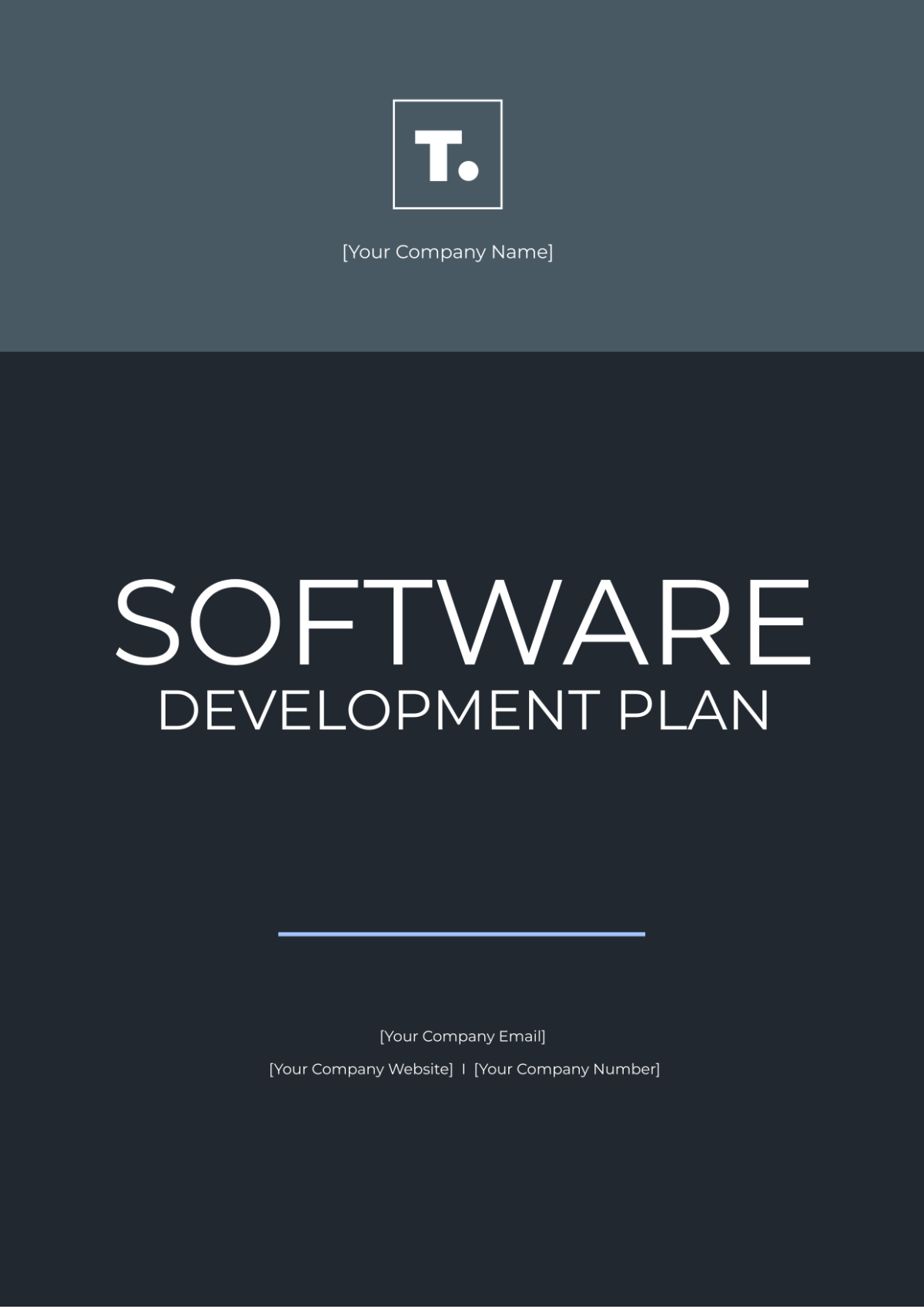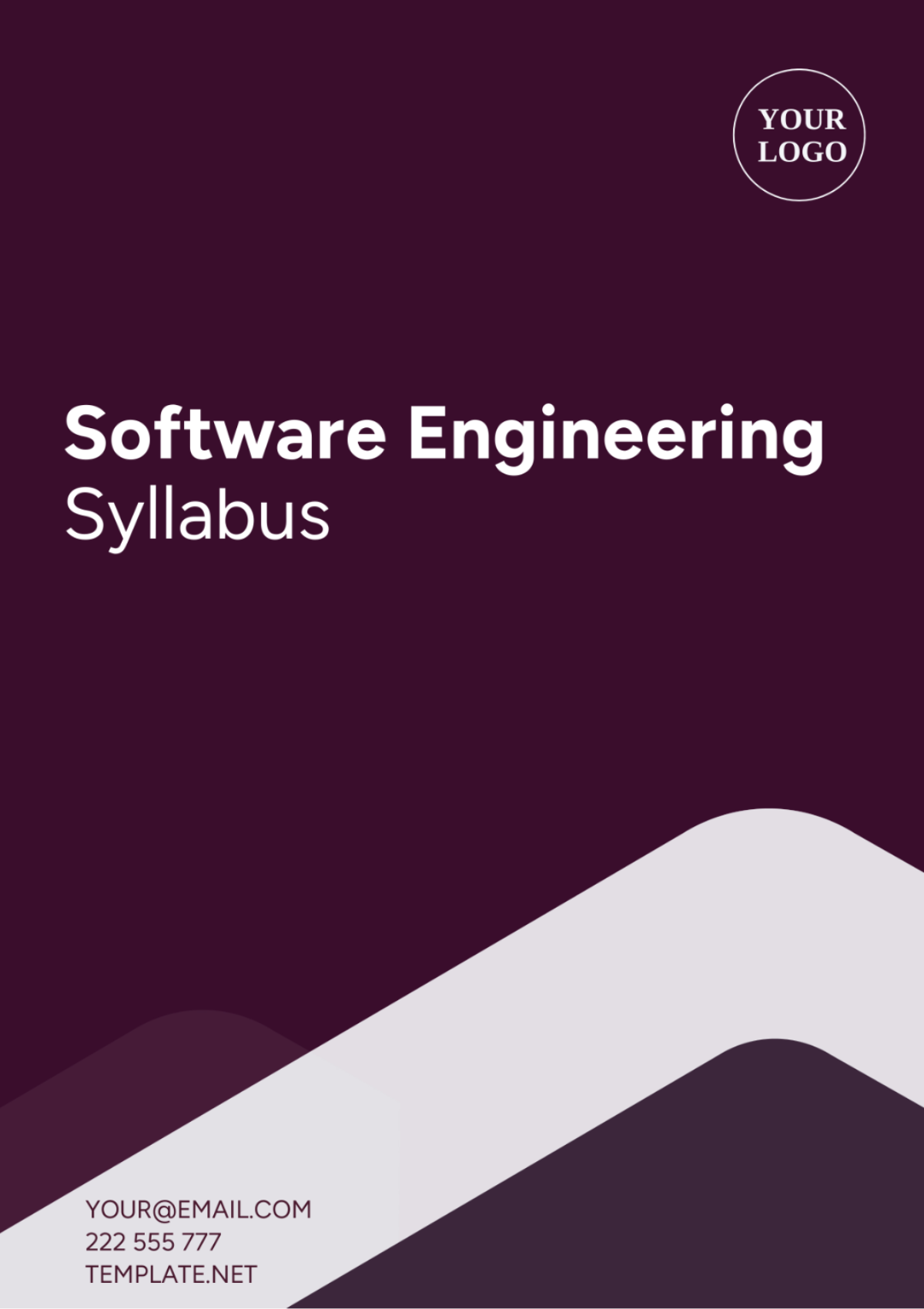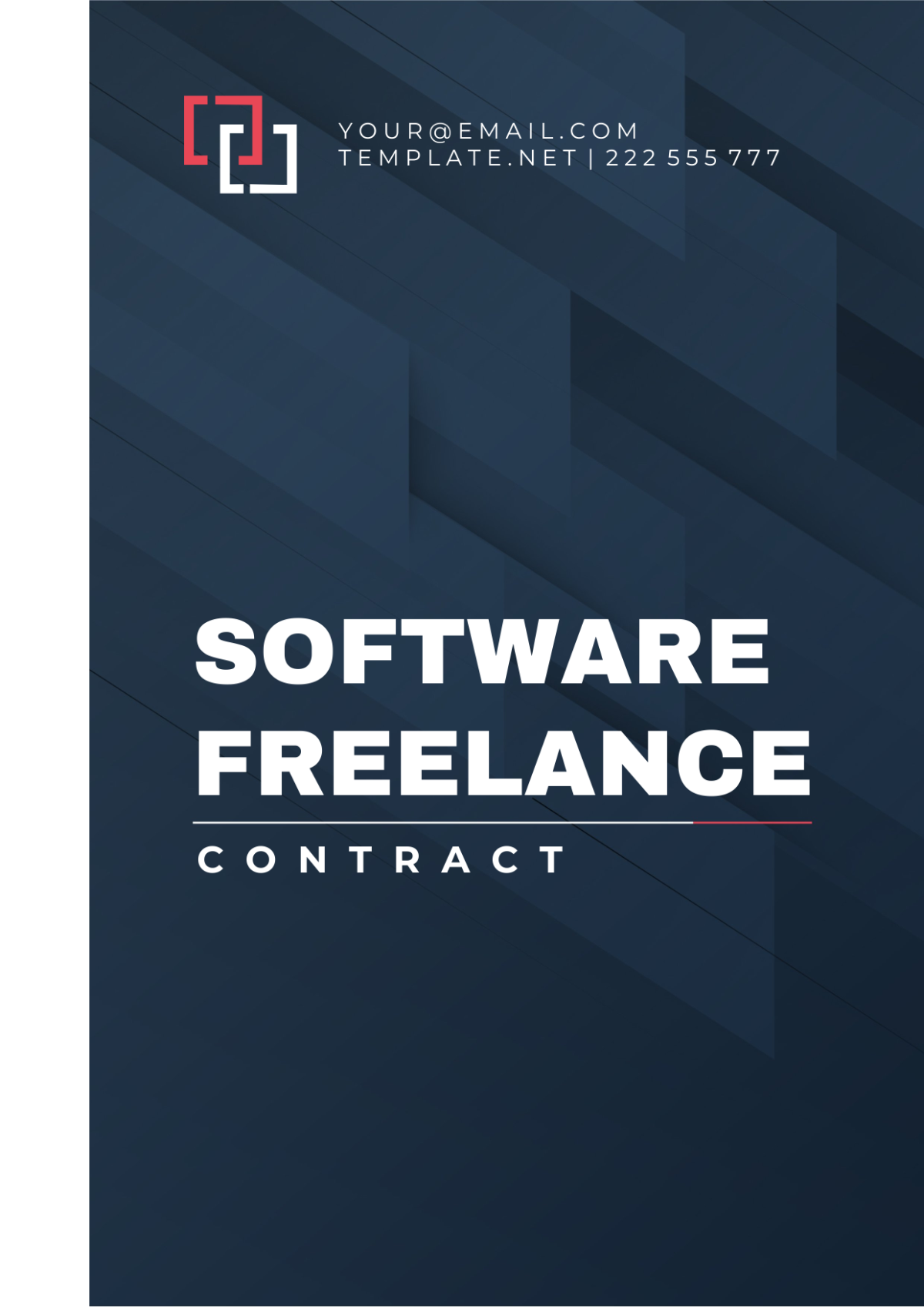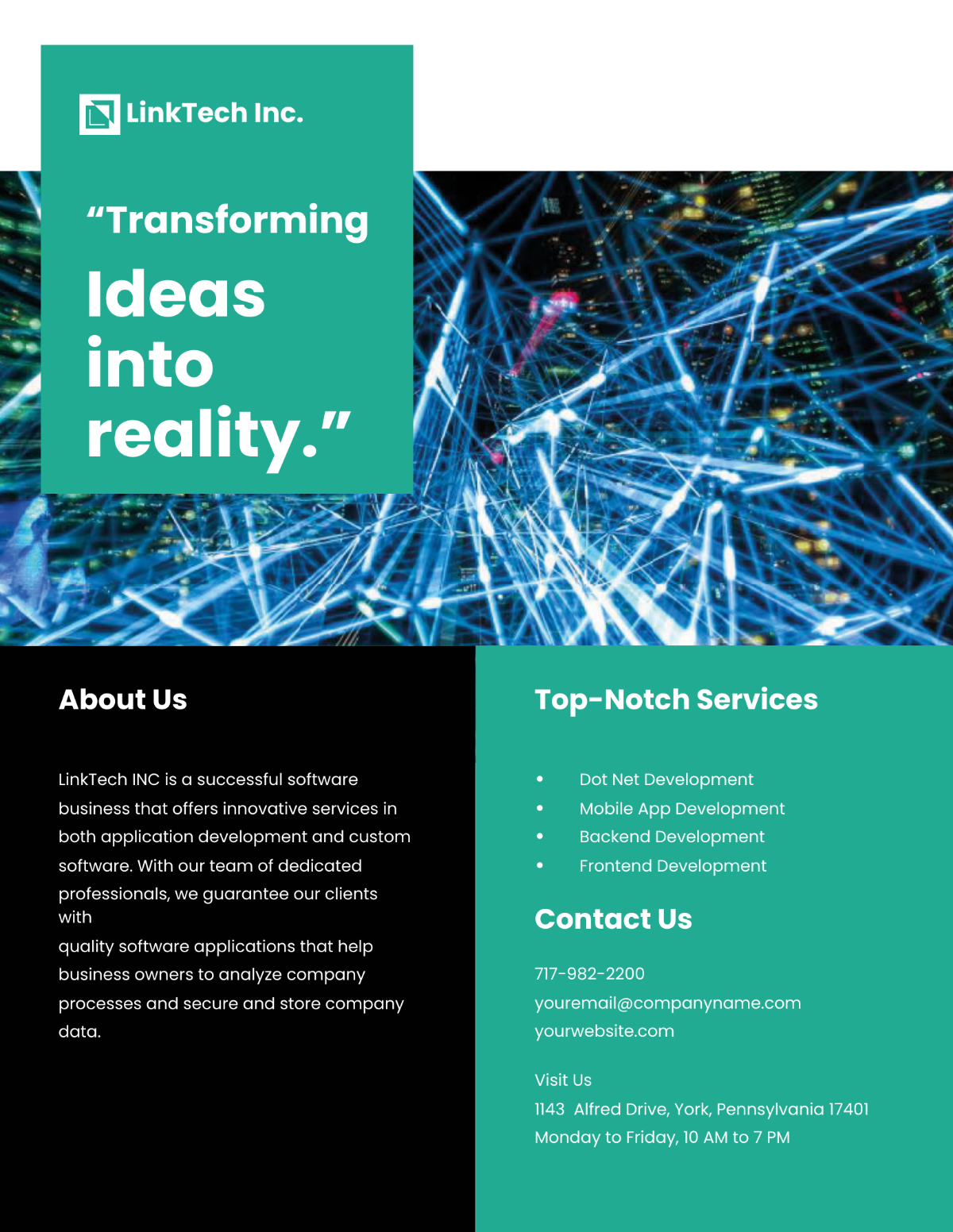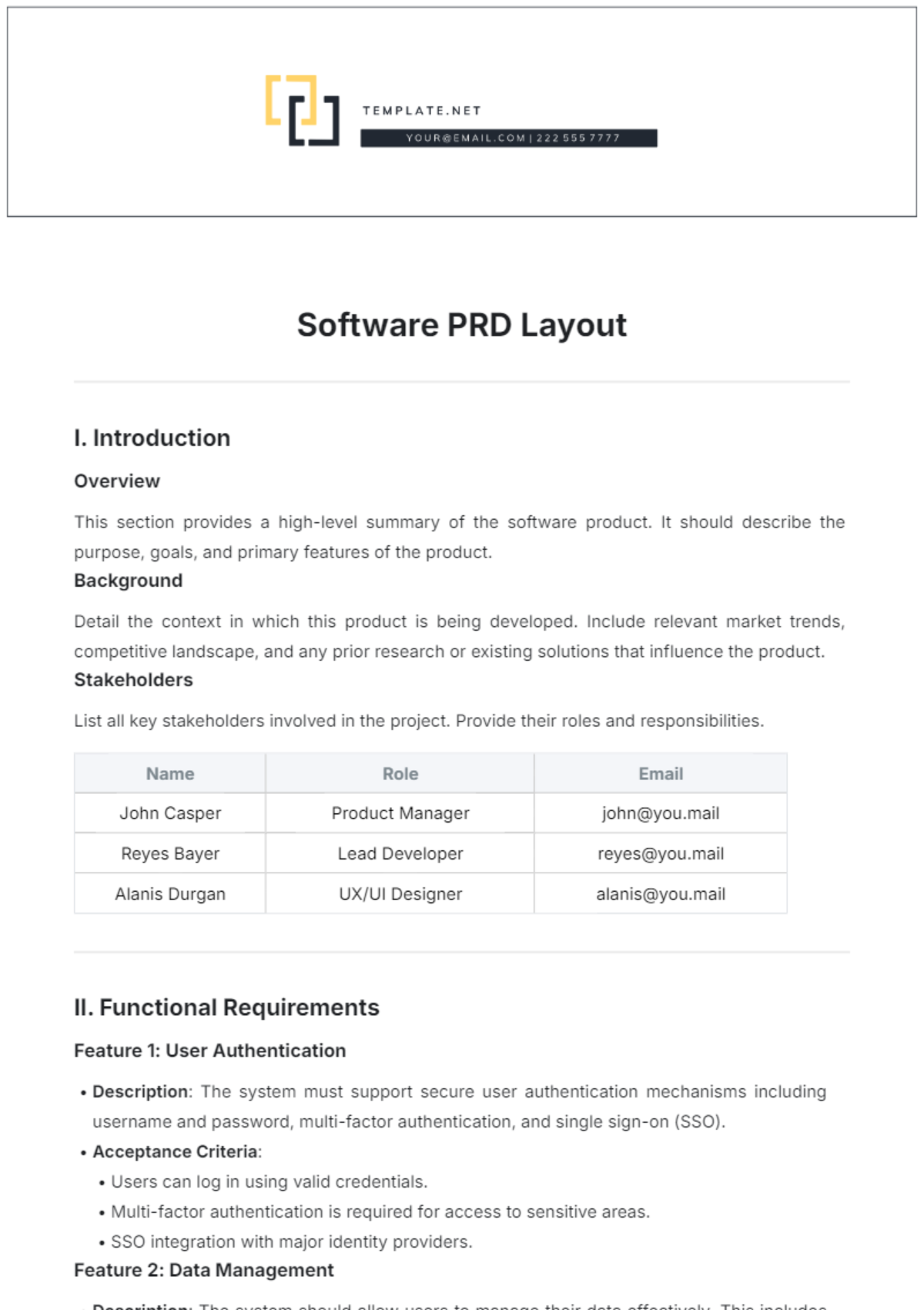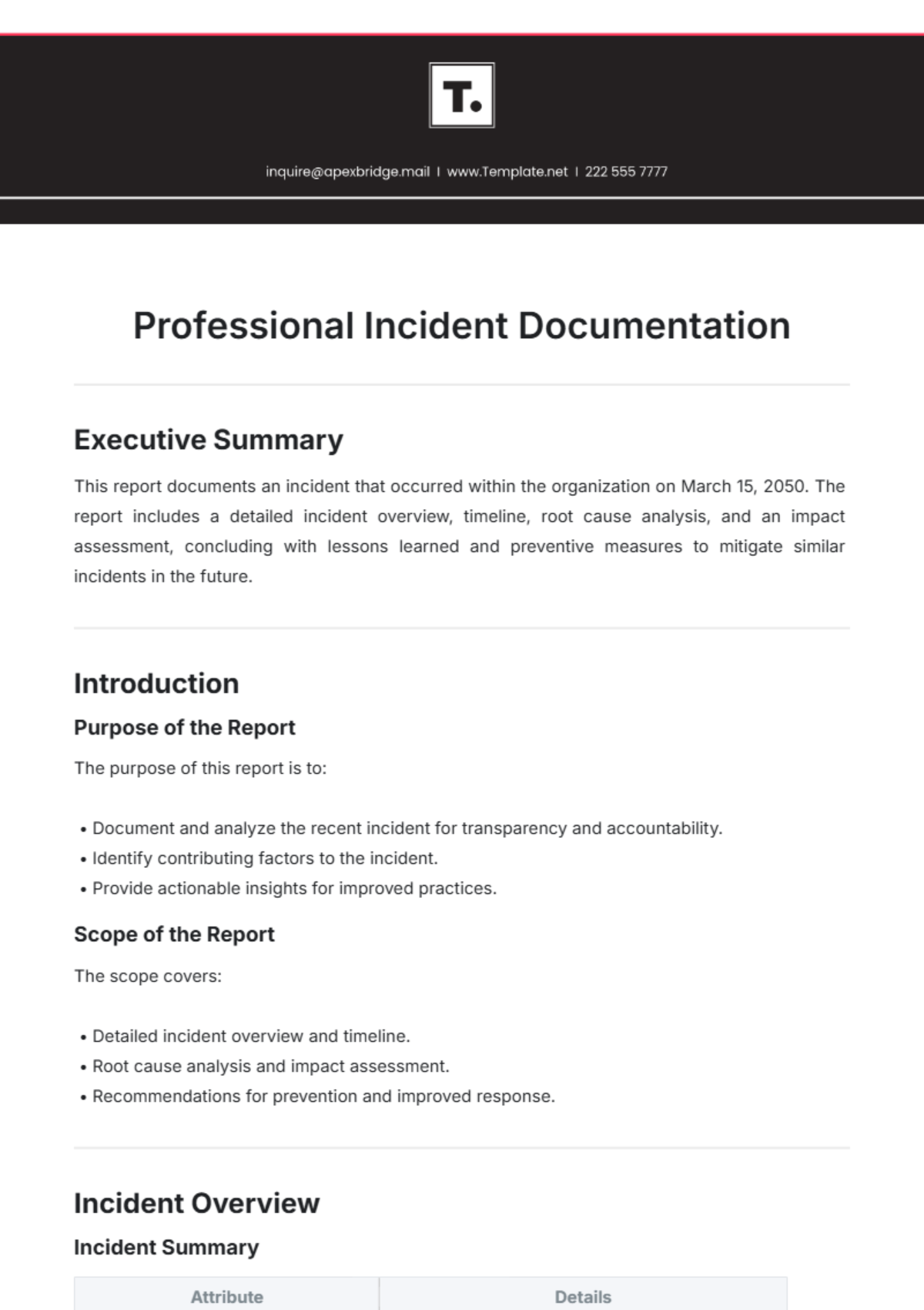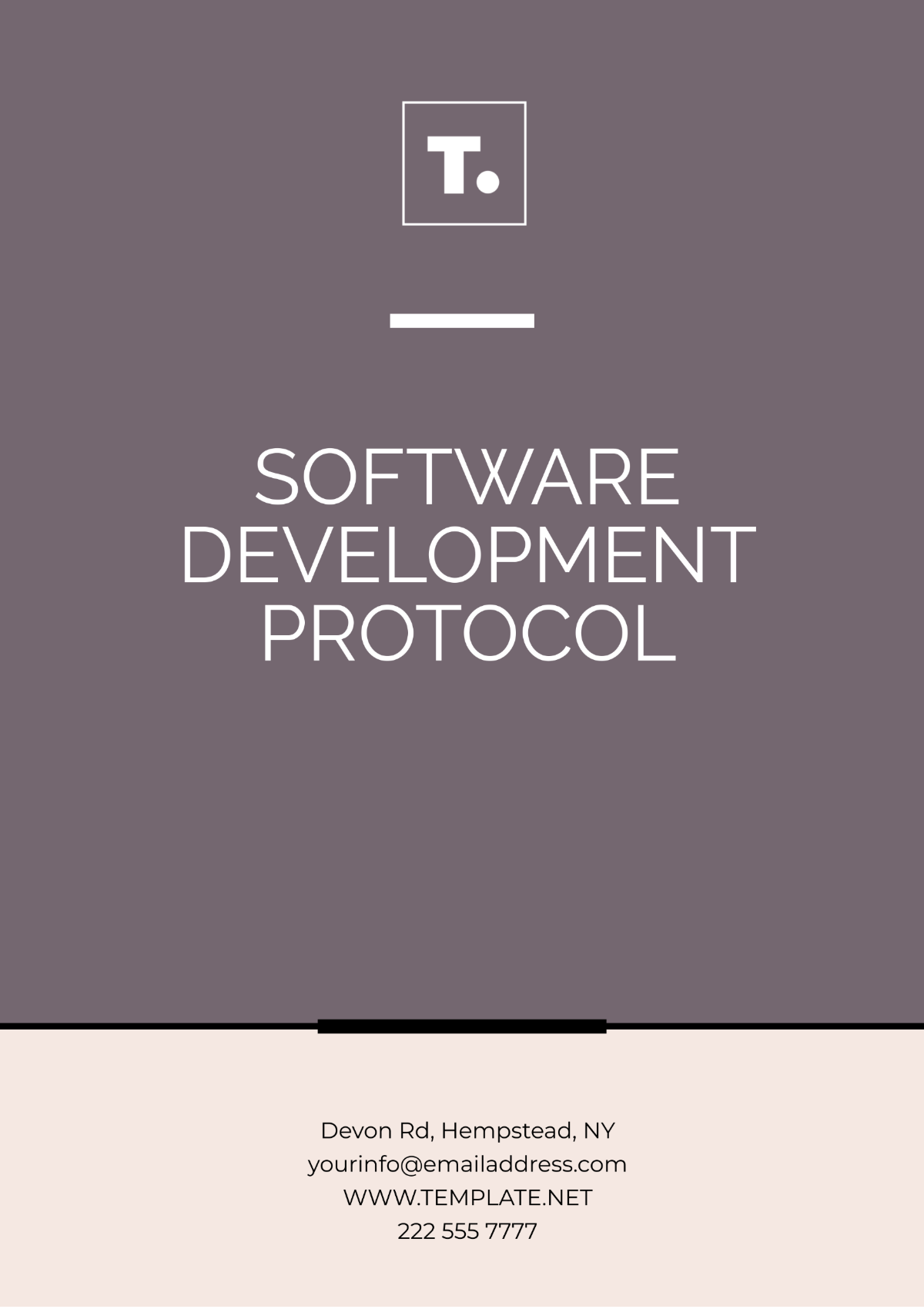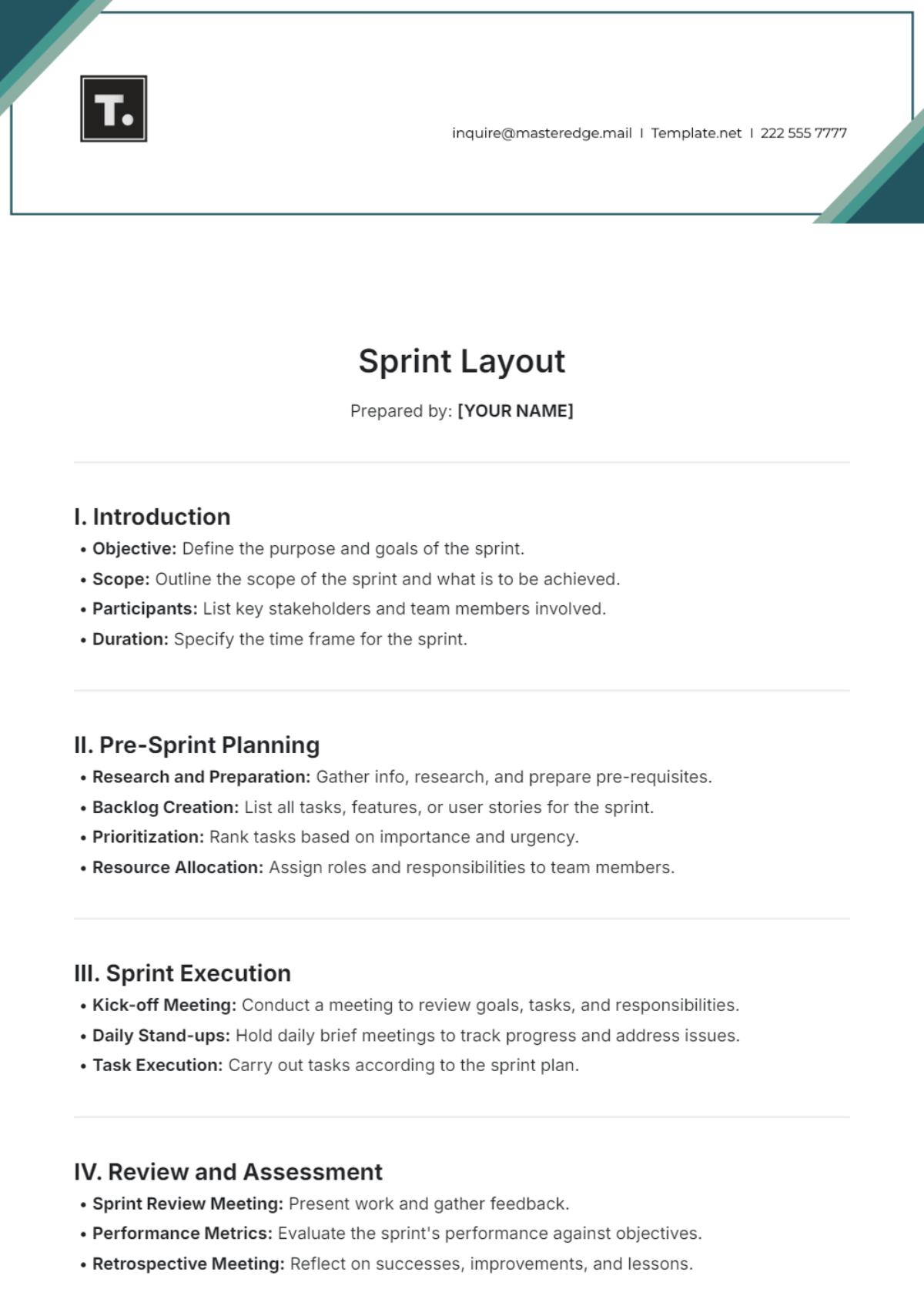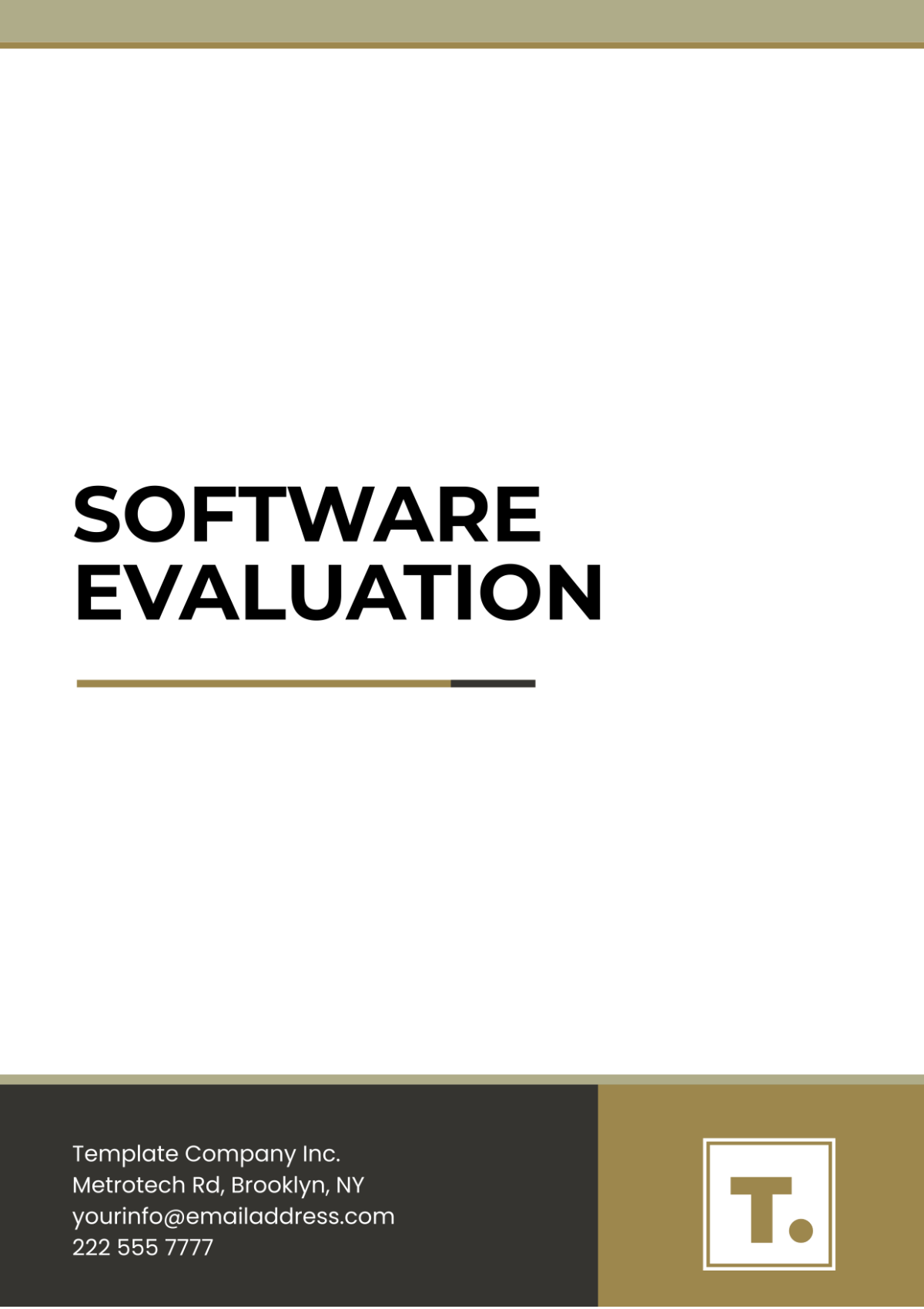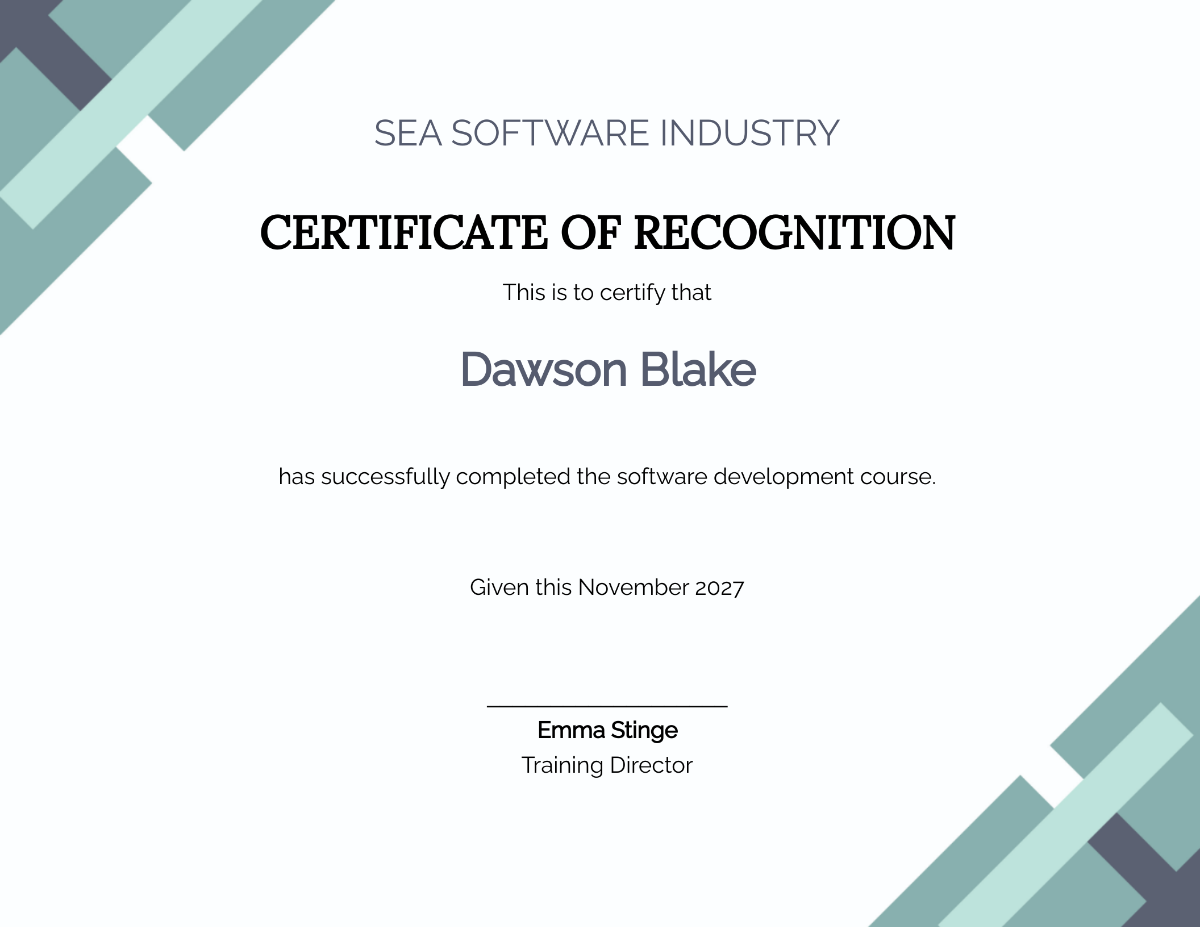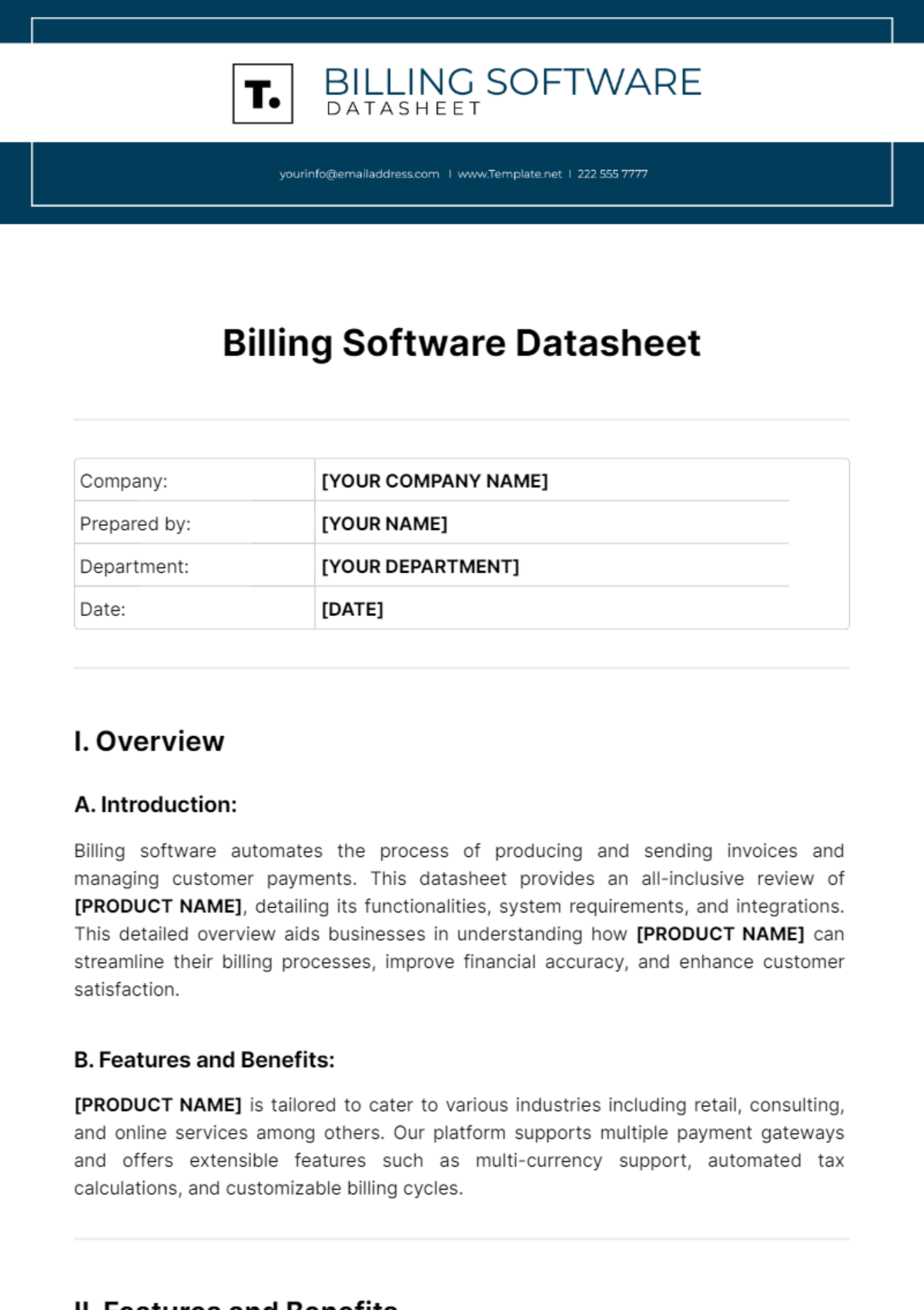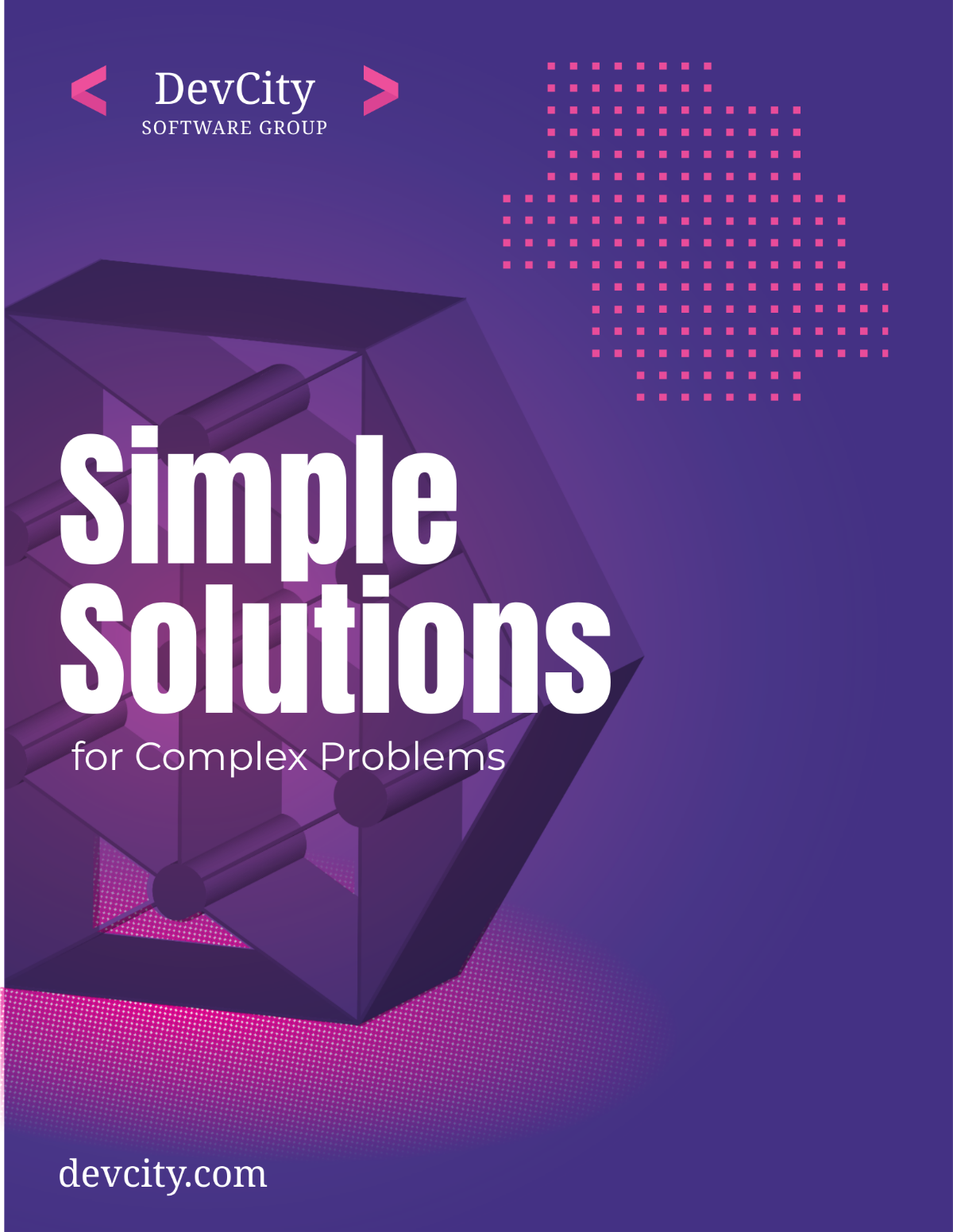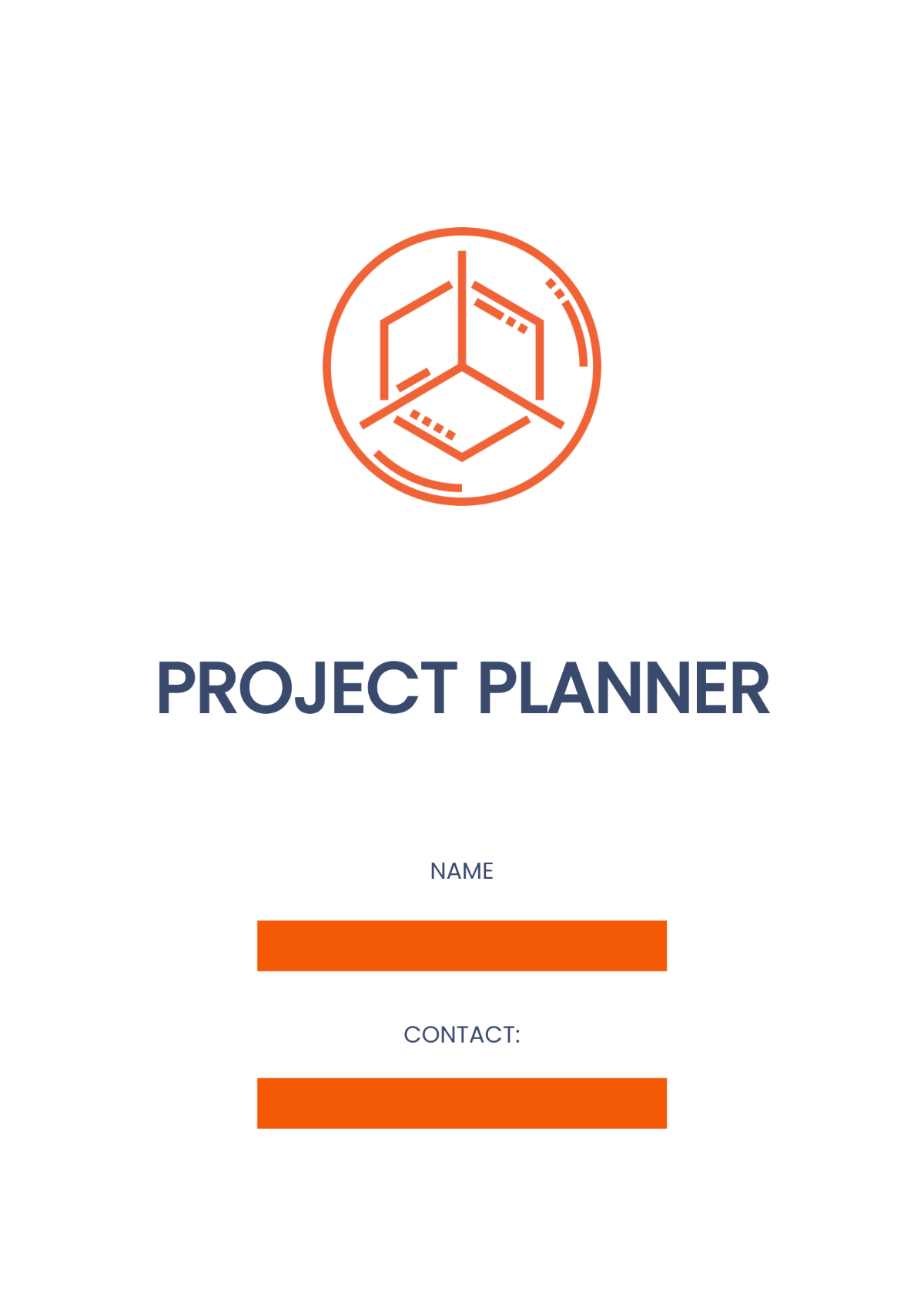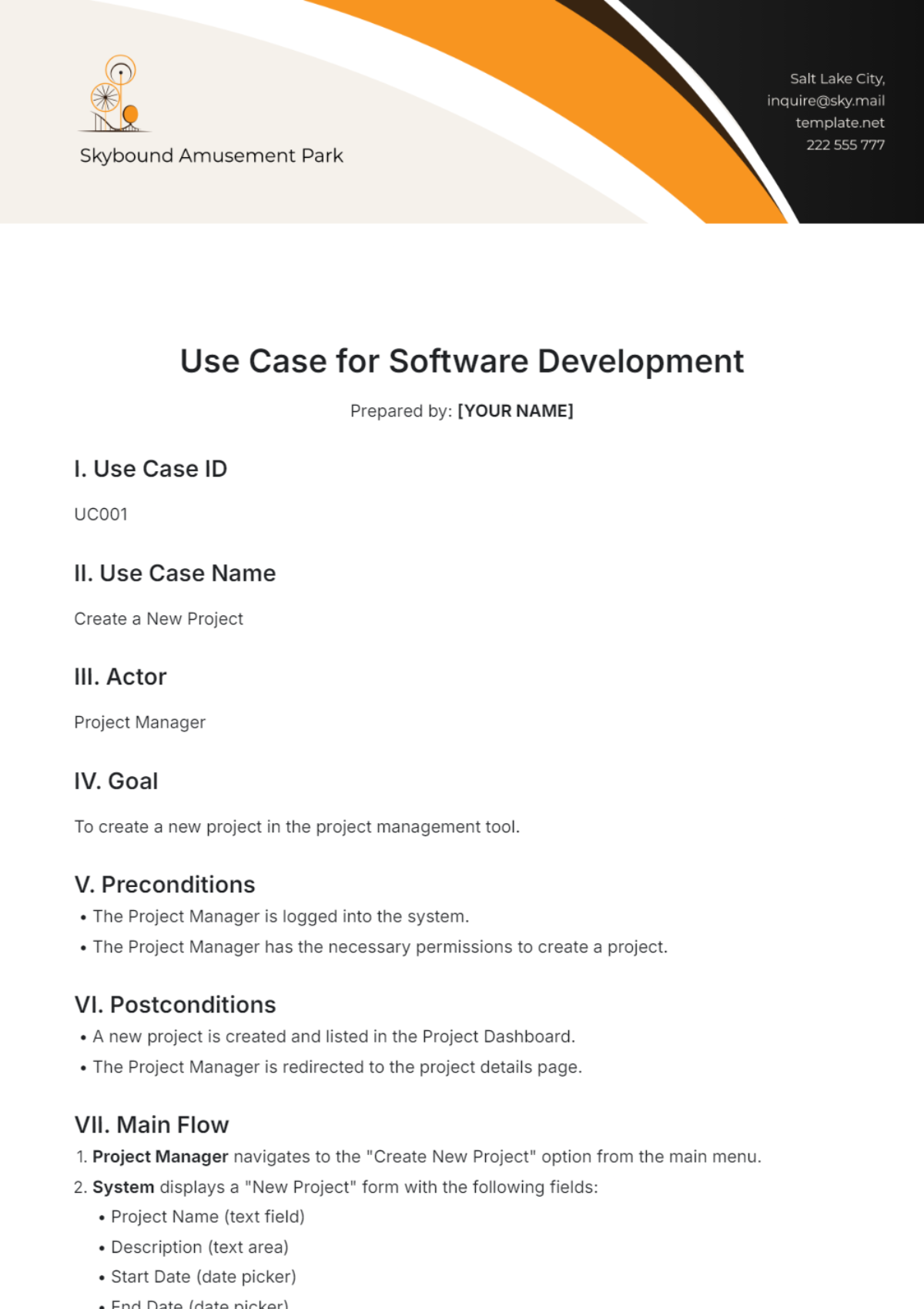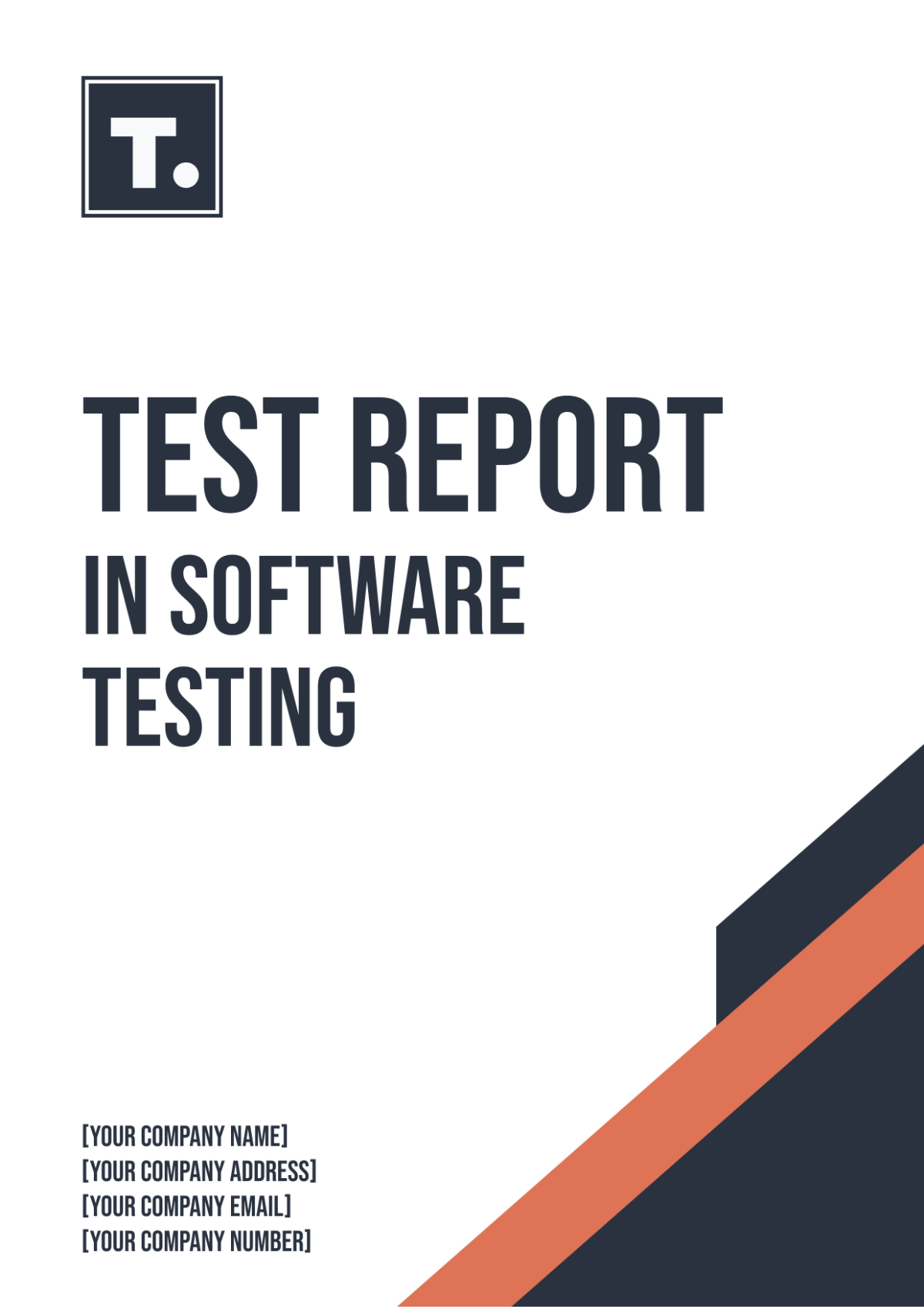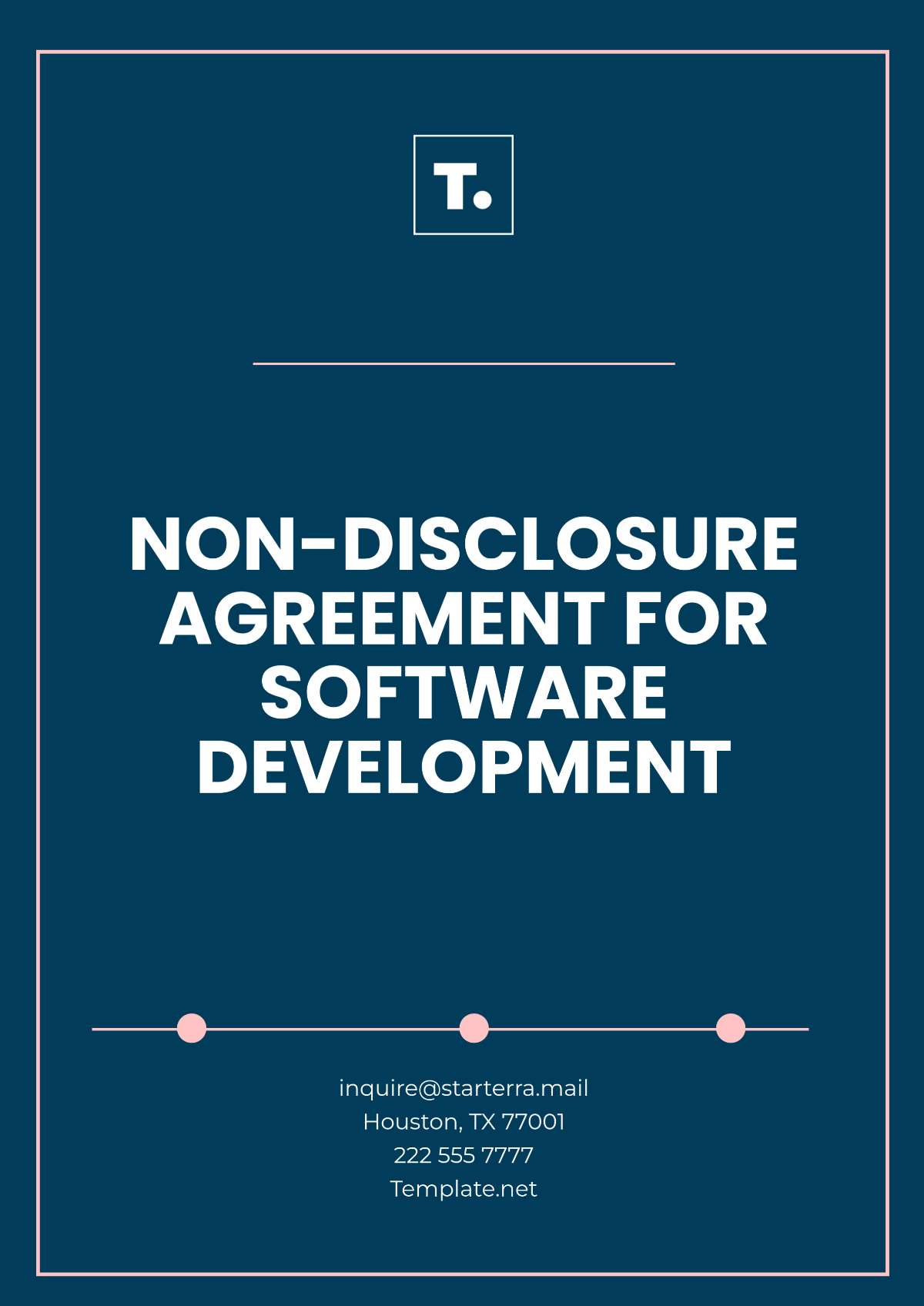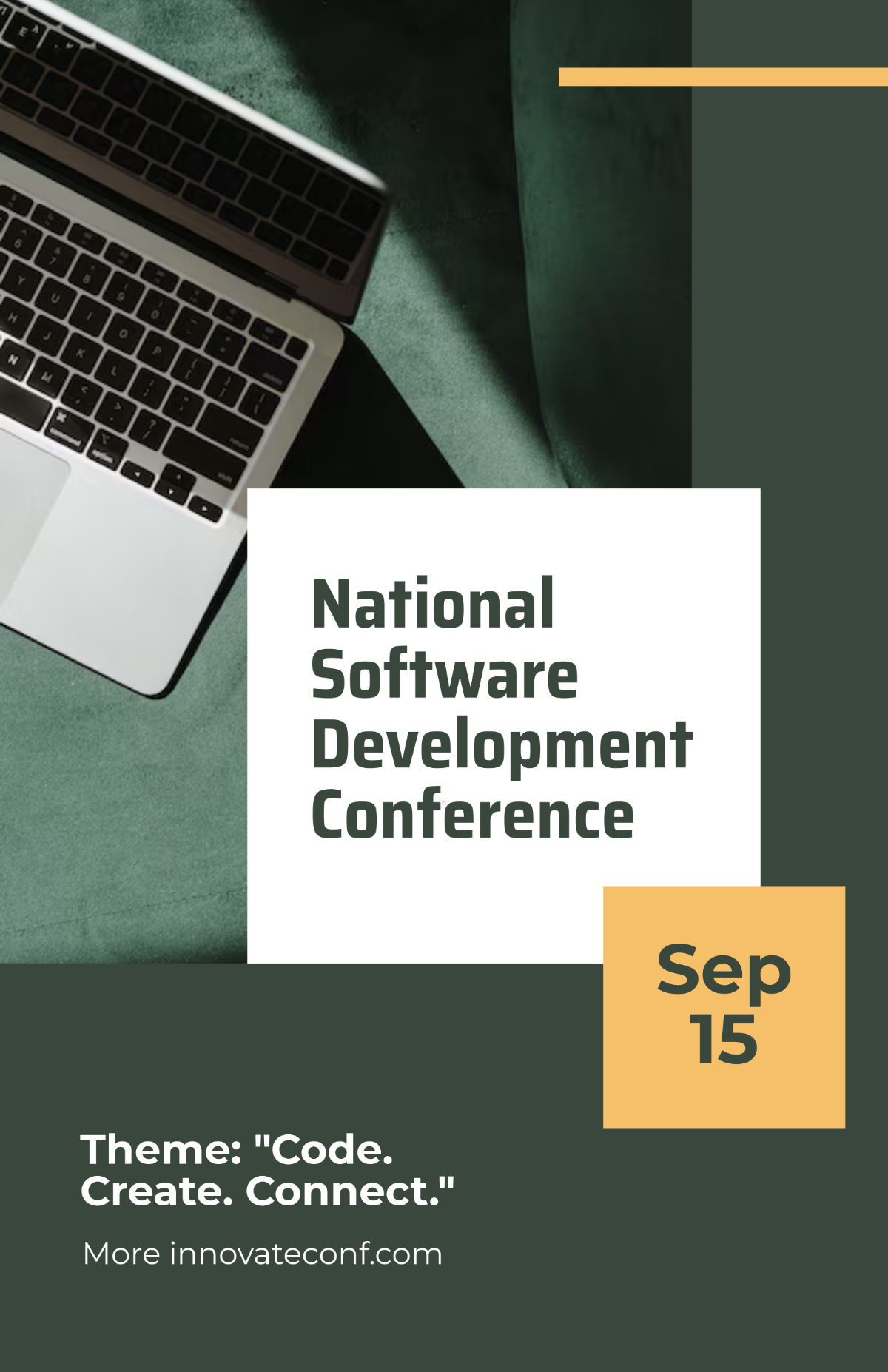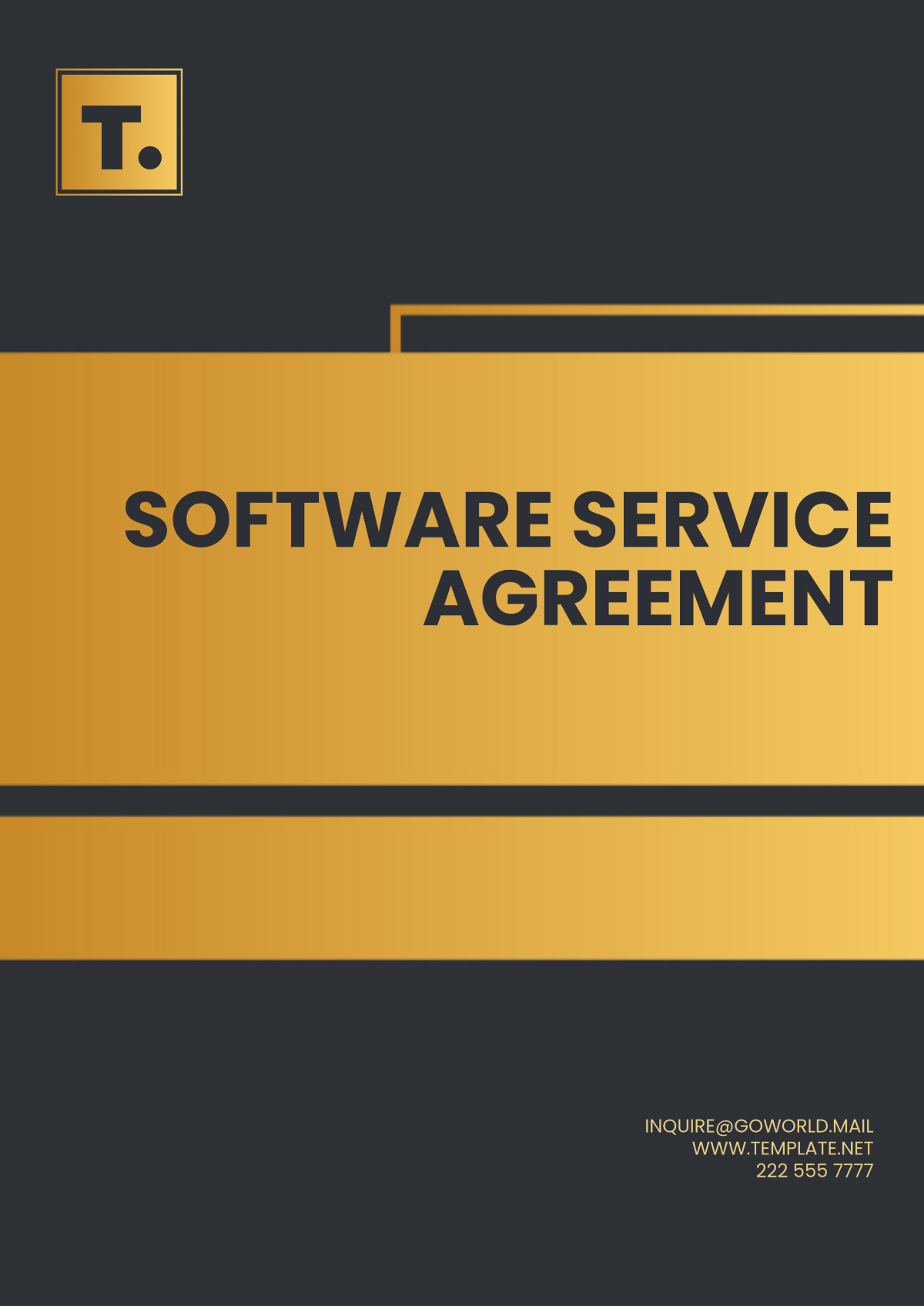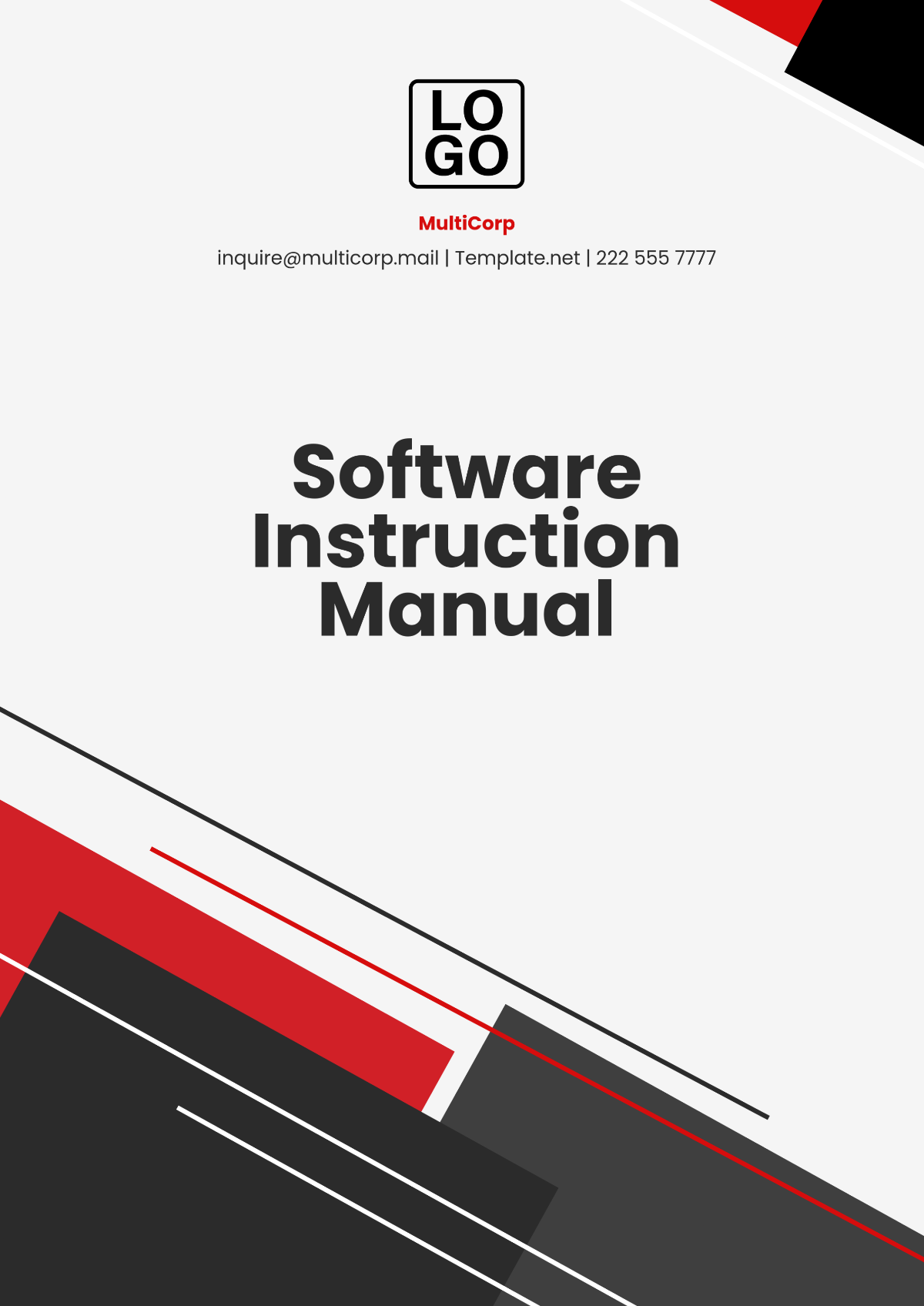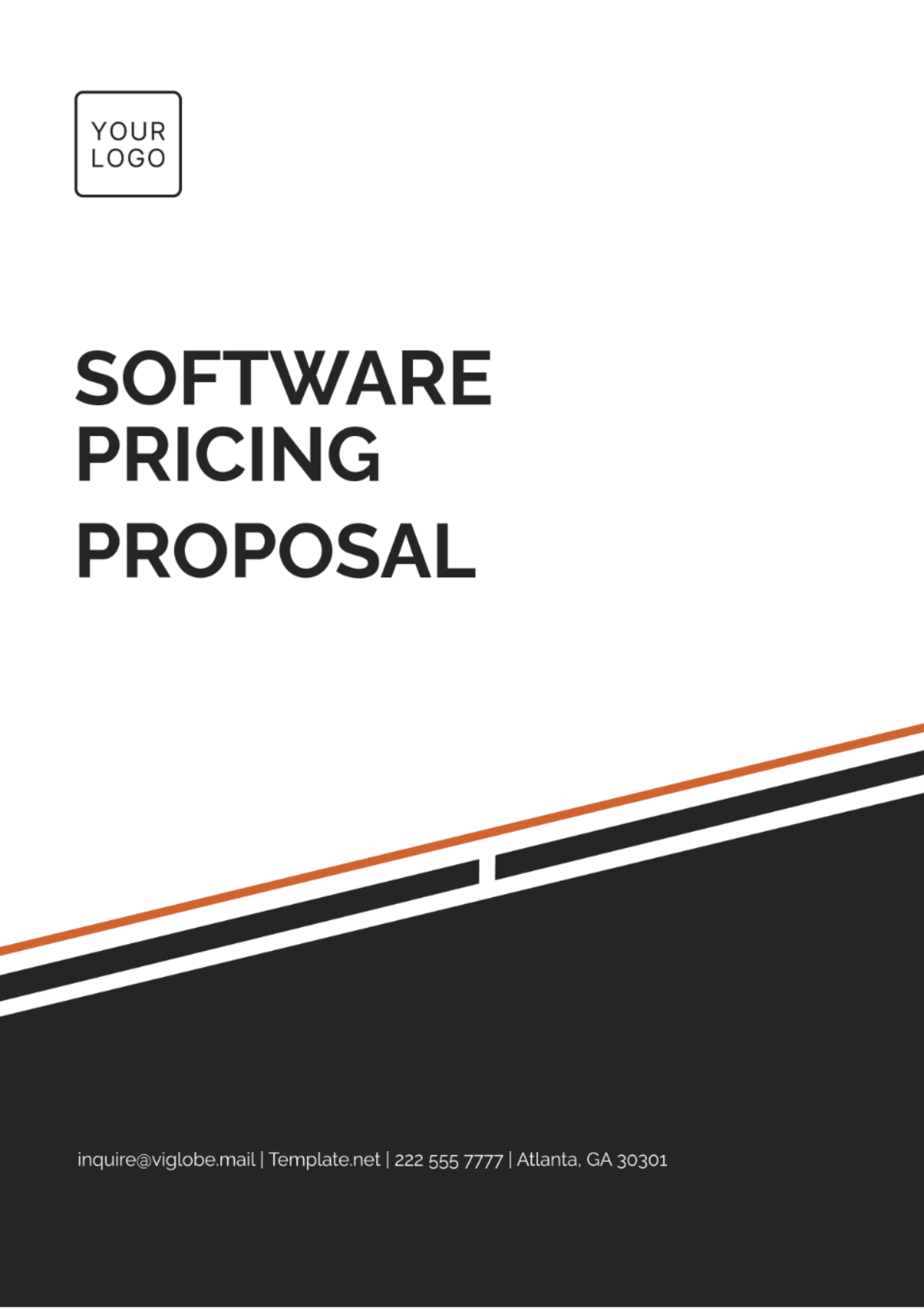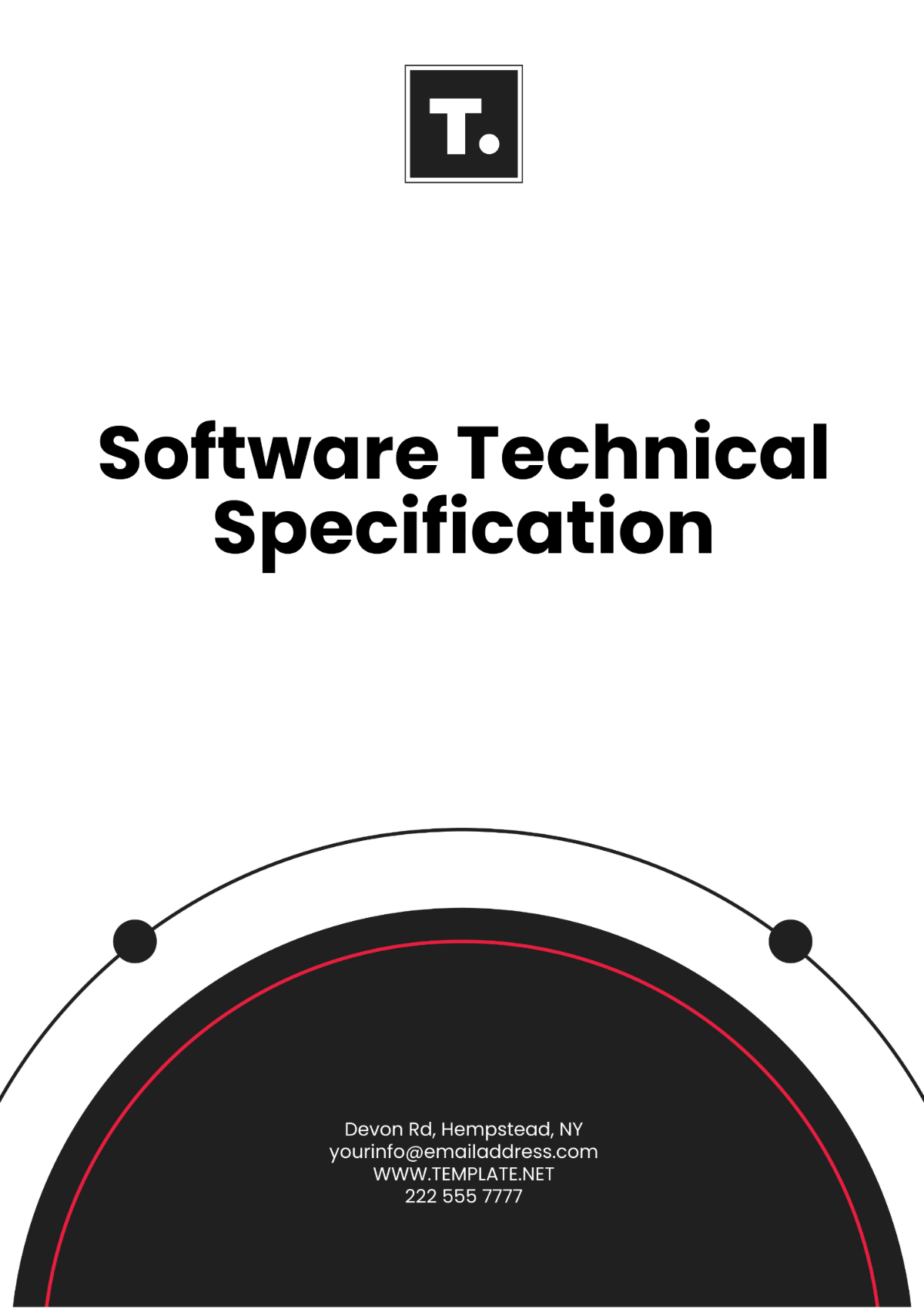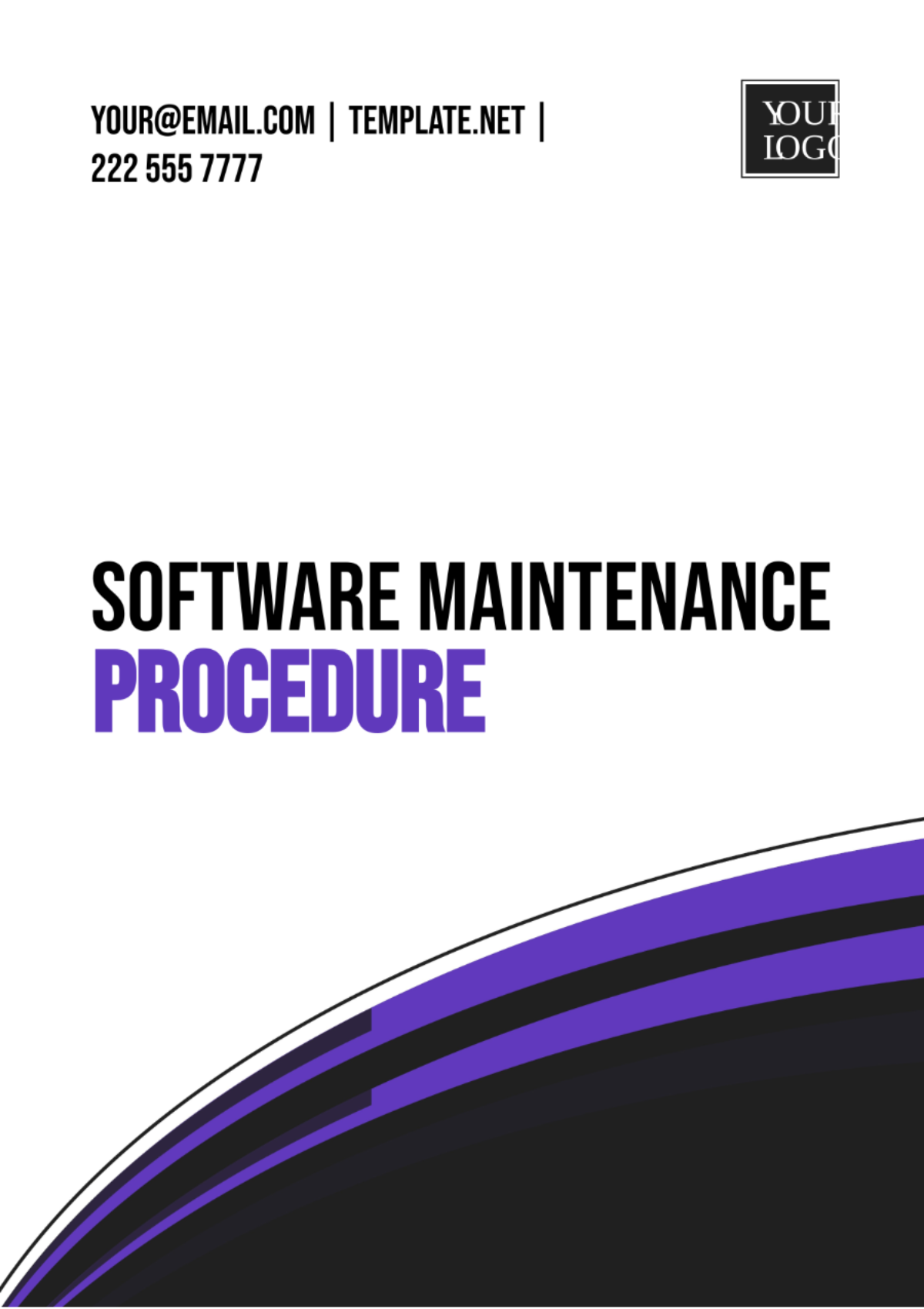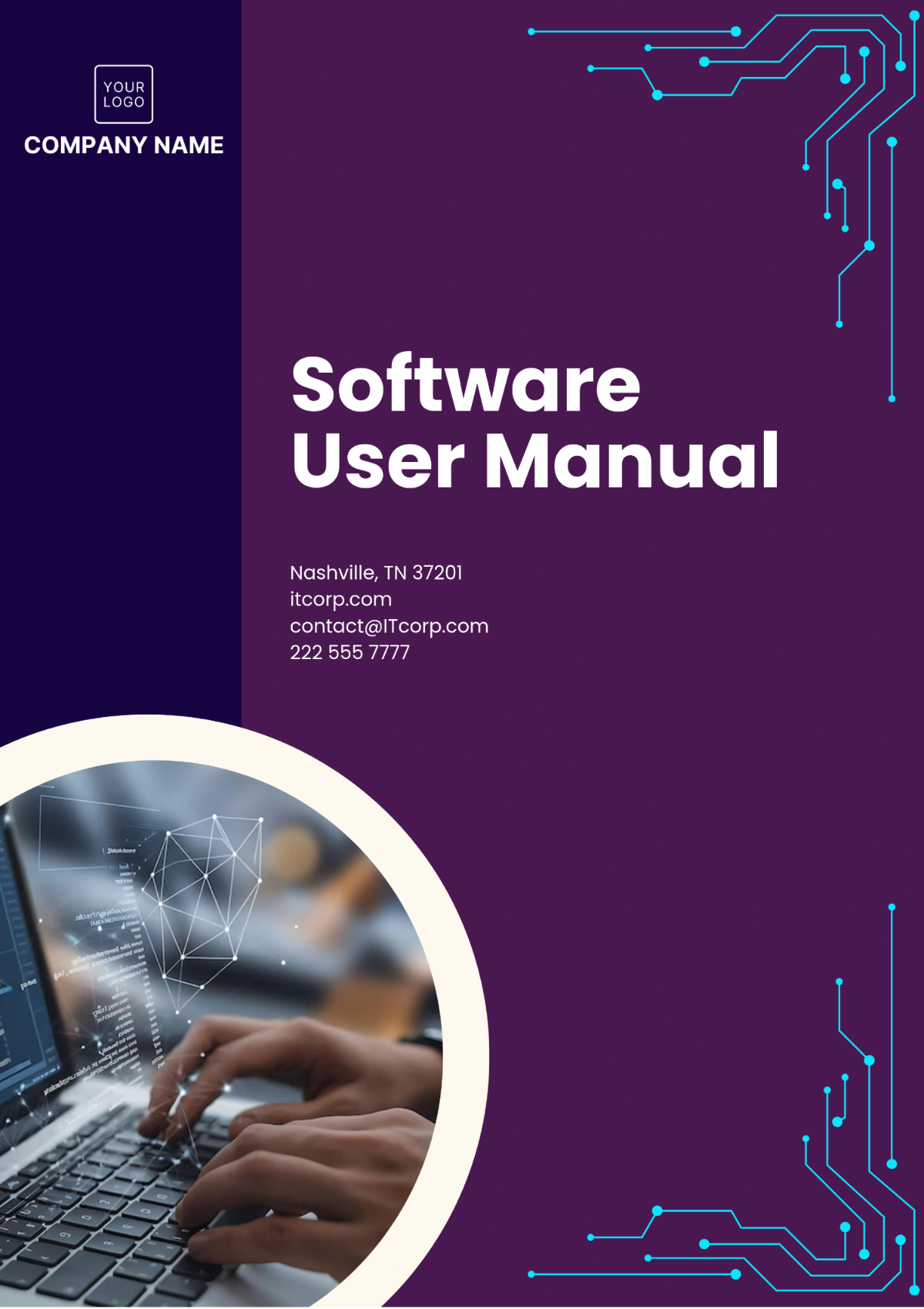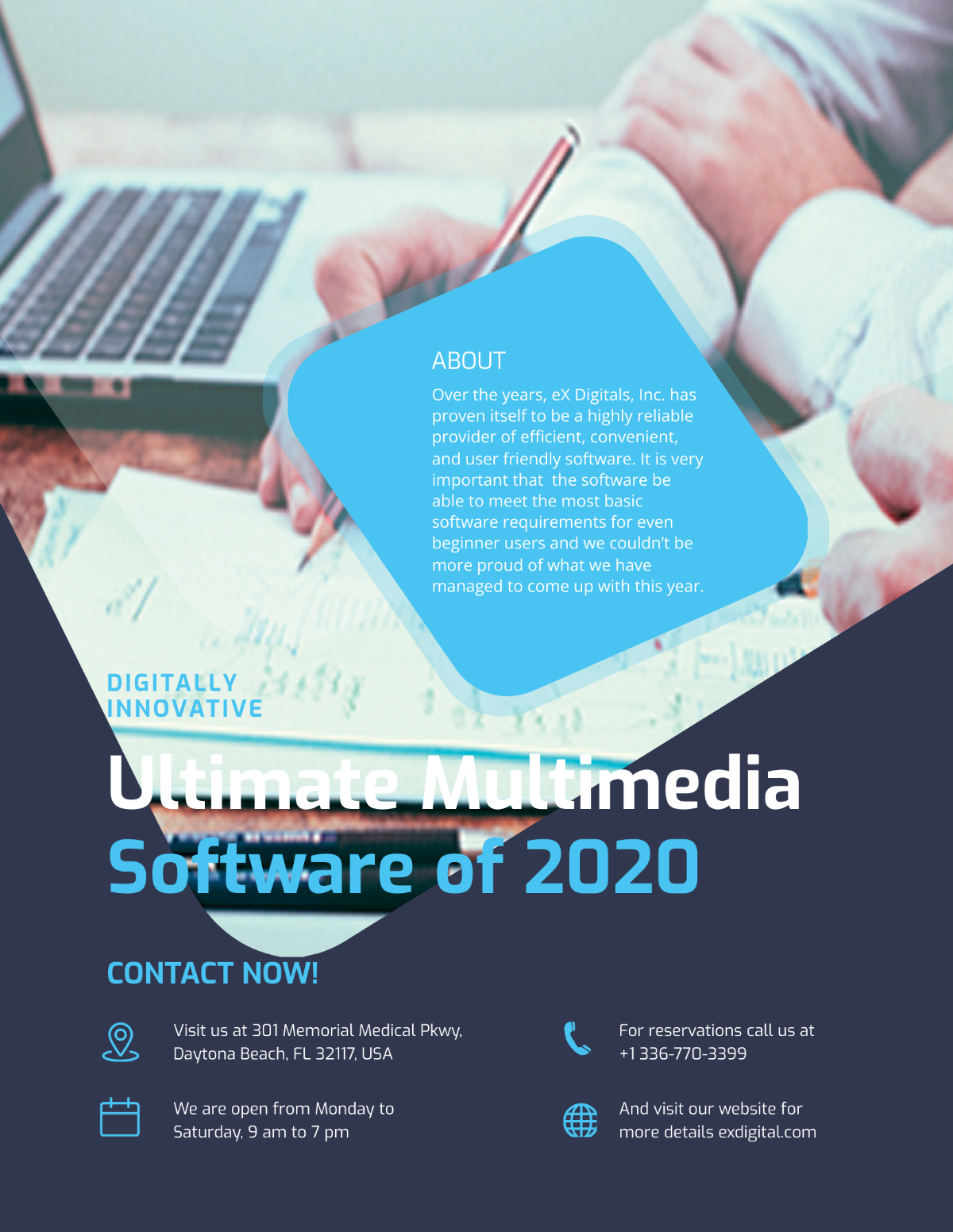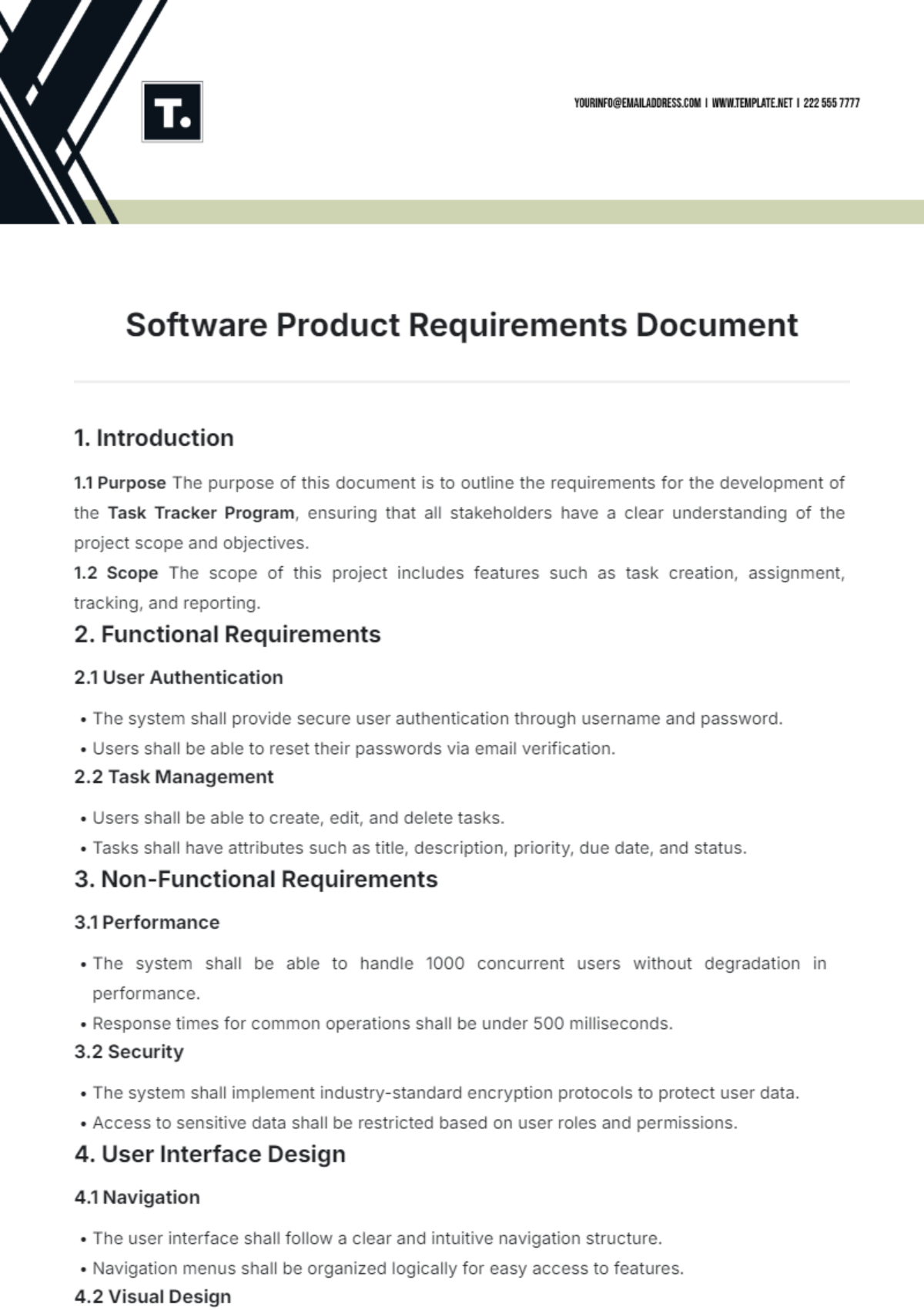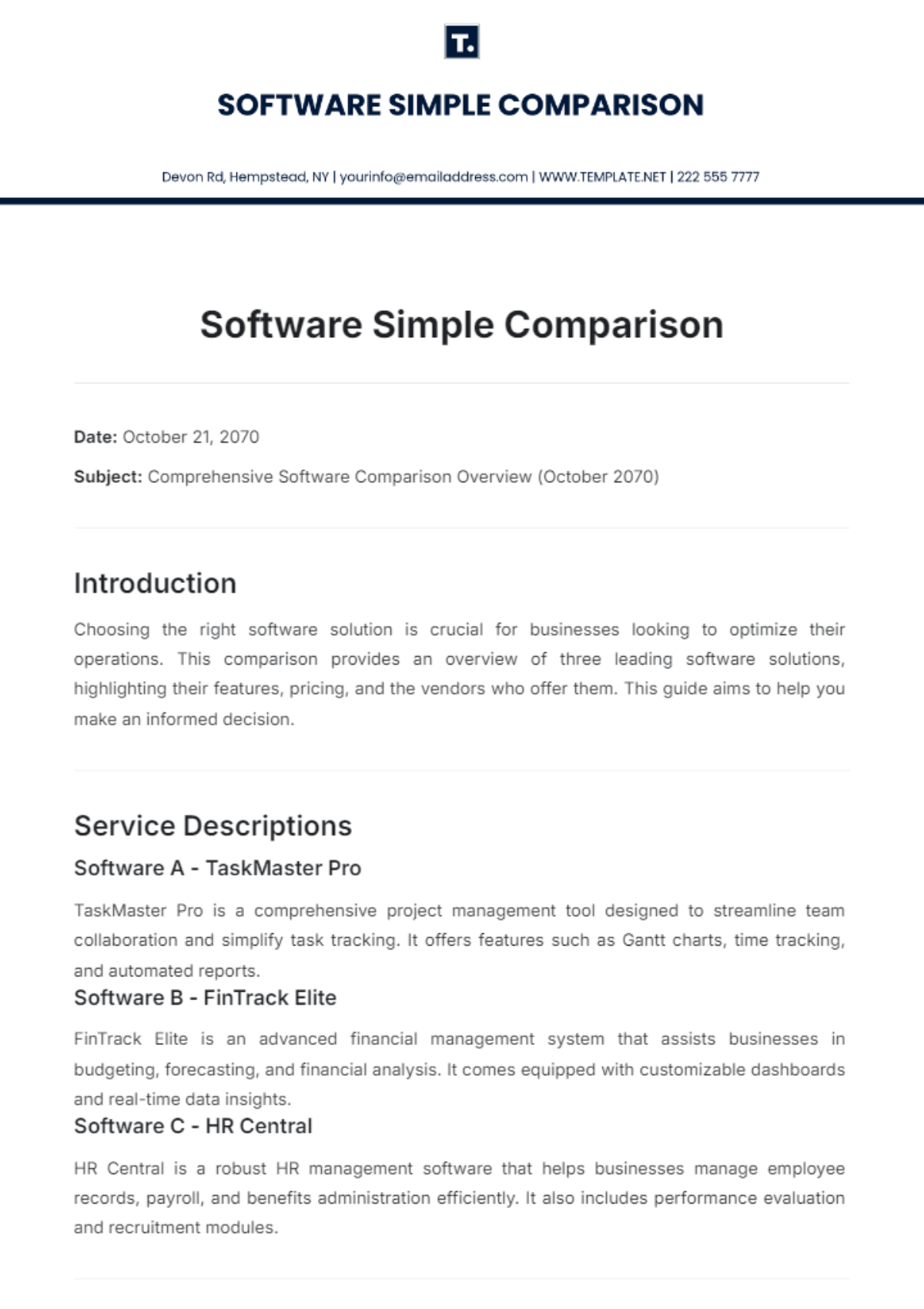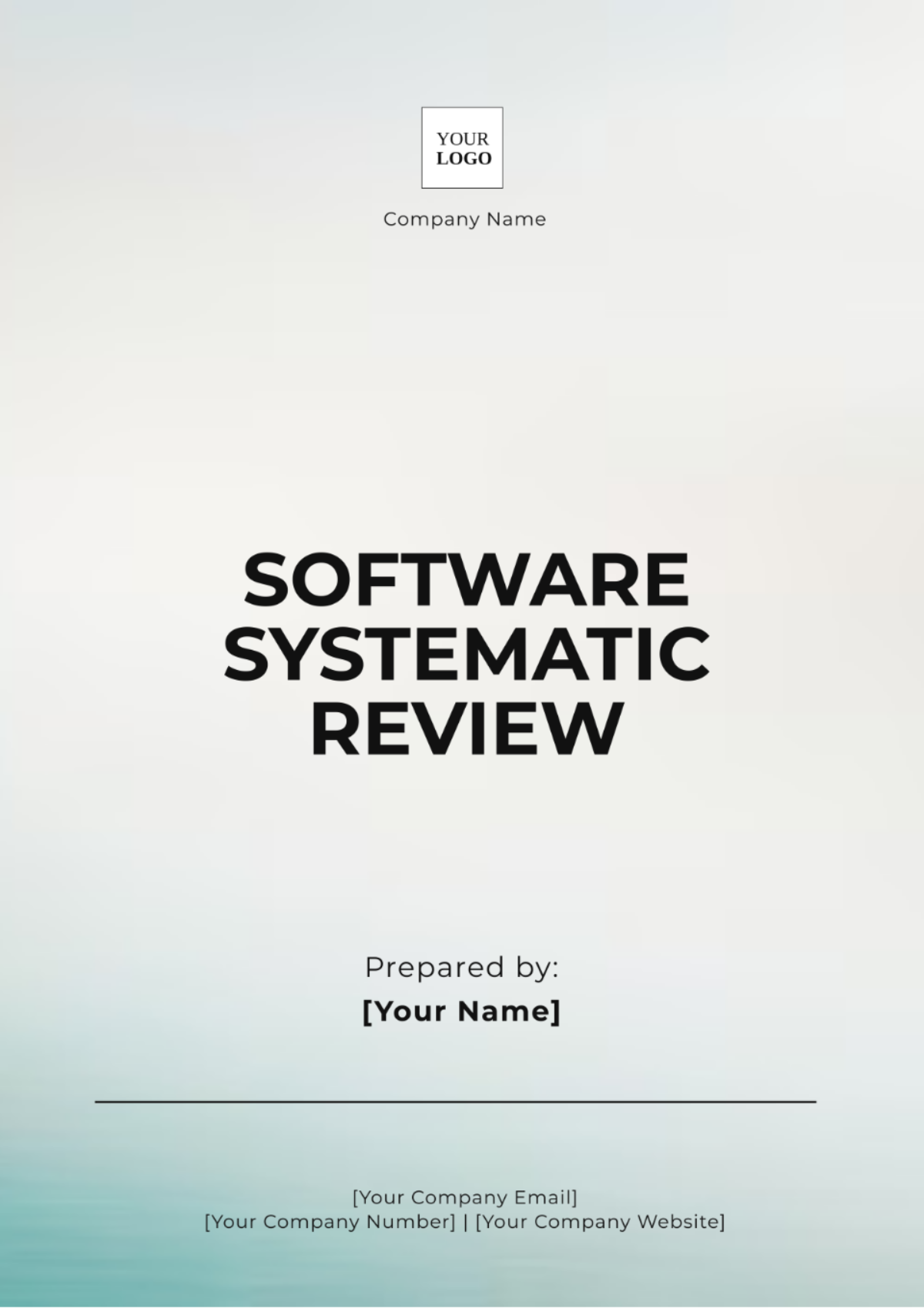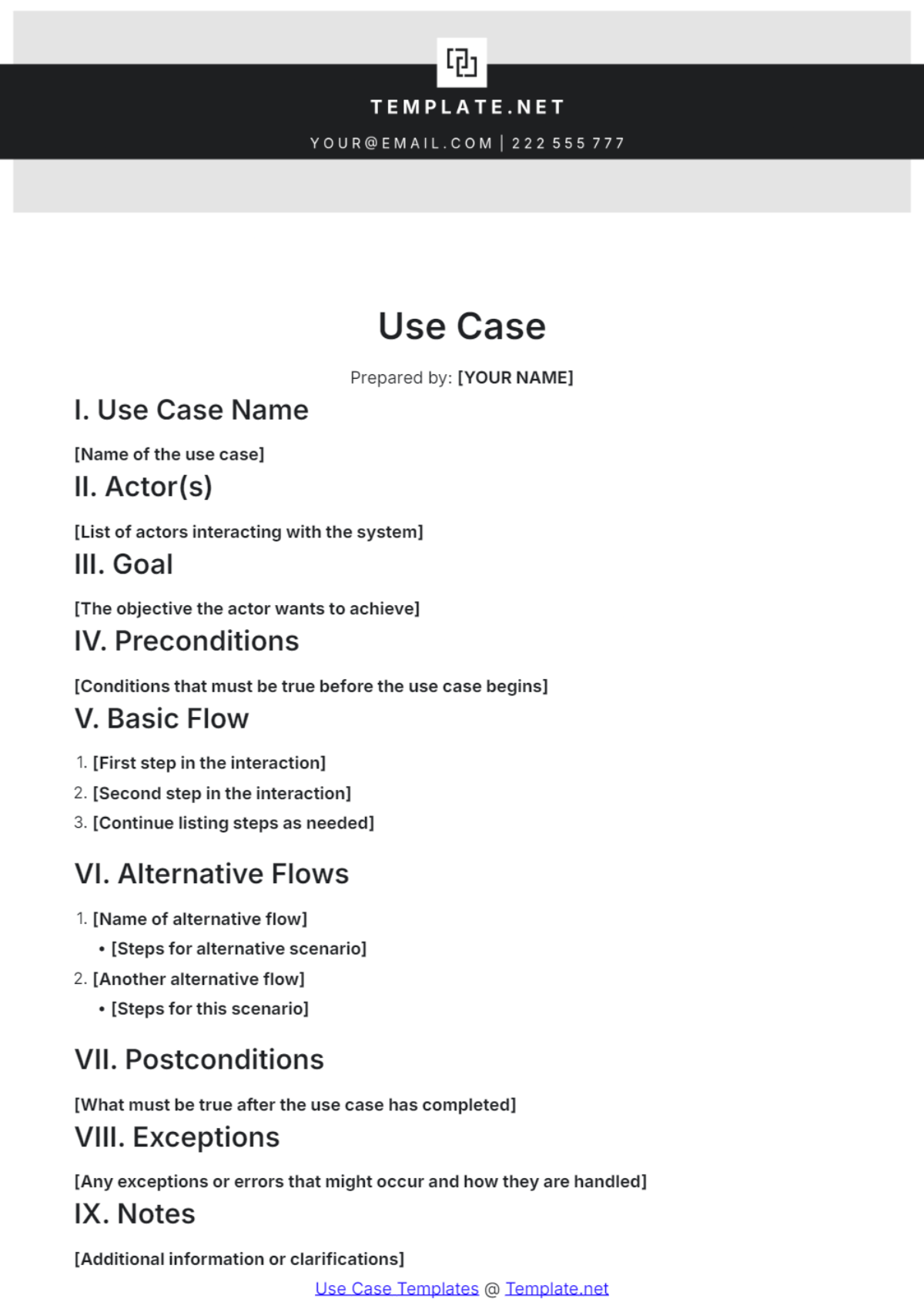Software Purchase Project Specification
I. Introduction
This document outlines the specifications for the Software Purchase Project [Your Company Name]. It details the requirements, objectives, and processes for acquiring software solutions to enhance our business operations and meet organizational goals.
II. Objectives
Identify Requirements: Determine the software needs for our new CRM system and project management tools.
Evaluate Options: Assess various software solutions available in the market.
Select Vendor: Choose the most suitable vendor based on functionality, cost, and support.
Procure Software: Complete the purchasing process and acquire necessary licenses.
Implement and Support: Ensure successful deployment and provide ongoing support.
III. Scope
The project covers:
Requirement analysis for CRM and project management software.
Vendor research and evaluation.
Purchase negotiation and agreement.
Software deployment and integration.
Training and support arrangements.
IV. Requirements
A. Functional Requirements
Core Features:
CRM System: Must support contact management, sales tracking, and customer service.
Project Management Tool: Includes project planning, task management, and collaboration features.
Customization: Ability to customize dashboards and reports.
Data Analytics: Advanced reporting and data visualization capabilities.
User Requirements:
Intuitive User Interface: Easy to navigate for all user levels.
Multi-User Access: Role-based permissions to ensure appropriate access.
Integration: Seamless integration with existing ERP and email systems.
Performance Requirements:
High Availability: 99.9% uptime guarantee.
Scalability: Ability to scale with business growth.
Fast Processing: Quick response times for user actions and data retrieval.
B. Non-Functional Requirements
Security:
Compliance: Adhere to GDPR and CCPA regulations.
Encryption: End-to-end data encryption and secure access controls.
Updates: Regular security updates and patches.
Compatibility:
Existing Systems: Compatible with Windows and macOS platforms.
Hardware: Runs on standard office hardware with minimal requirements.
Usability:
Design: User-friendly design with minimal training required.
Documentation: Comprehensive user guides and online help resources.
Training: Initial training sessions and ongoing support.
V. Vendor Evaluation Criteria
Criteria | Description | Weight |
|---|---|---|
Functionality | Ability to meet core and additional features | 30% |
Cost | Total cost of ownership, including licensing fees | 25% |
Support | Quality and availability of customer support | 20% |
Security | Compliance with security standards | 15% |
User Experience | Ease of use and interface design | 10% |
VI. Project Phases
A. Phase 1: Requirement Gathering
Tasks:
Conduct meetings with stakeholders to identify needs.
Document business and technical requirements.
Prepare a requirements specification document.
Deliverables:
Requirements Specification Document.
Stakeholder Approval.
B. Phase 2: Market Research
Tasks:
Identify potential CRM and project management software vendors.
Request and review software demos and trials.
Collect and compare vendor proposals.
Deliverables:
Vendor Shortlist.
Comparative Analysis Report.
C. Phase 3: Vendor Selection
Tasks:
Evaluate vendors based on predefined criteria.
Conduct reference checks with other customers.
Negotiate terms and conditions, including pricing and support.
Deliverables:
Selected Vendor.
Purchase Agreement.
D. Phase 4: Procurement
Tasks:
Finalize purchase agreement with the chosen vendor.
Complete procurement paperwork and payment.
Obtain software licenses and installation keys.
Deliverables:
Purchase Order.
Software Licenses.
E. Phase 5: Implementation
Tasks:
Install and configure software on company systems.
Integrate with existing ERP and email systems.
Conduct user training sessions.
Deliverables:
Installed and Configured Software.
Integration Report.
Training Materials.
F. Phase 6: Post-Implementation Support
Tasks:
Provide ongoing technical support as per agreement.
Monitor software performance and address any issues.
Implement any requested enhancements or updates.
Deliverables:
Support Agreement.
Performance Monitoring Report.
Issue Resolution Log.
VII. Budget
Item | Estimated Cost |
|---|---|
Software Licenses | $50,000 |
Implementation Costs | $20,000 |
Training | $5,000 |
Support | $10,000 |
Contingency | $7,500 |
Total Estimated Budget | $92,500 |
VIII. Timeline
Phase | Start Date | End Date |
|---|---|---|
Requirement Gathering | 09/01/2050 | 09/15/2050 |
Market Research | 09/16/2050 | 10/15/2050 |
Vendor Selection | 10/16/2050 | 10/31/2050 |
Procurement | 11/01/2050 | 11/15/2050 |
Implementation | 11/16/2050 | 12/15/2050 |
Post-Implementation | 12/16/2050 | 01/15/2051 |
IX. Risks and Mitigations
Risk | Probability | Impact | Mitigation Strategy |
|---|---|---|---|
Vendor Delays | Medium | High | Establish clear deadlines and include penalties for delays |
Budget Overruns | Medium | High | Regular budget reviews and allocate a contingency fund |
Technical Issues | Low | Medium | Conduct thorough testing before full deployment |
User Resistance | Medium | Medium | Provide comprehensive training and regular support sessions |
X. Conclusion
This specification outlines the necessary steps and criteria for the successful acquisition and implementation of CRM and project management software. Adherence to this plan will ensure that the selected software meets organizational needs and provides value.
